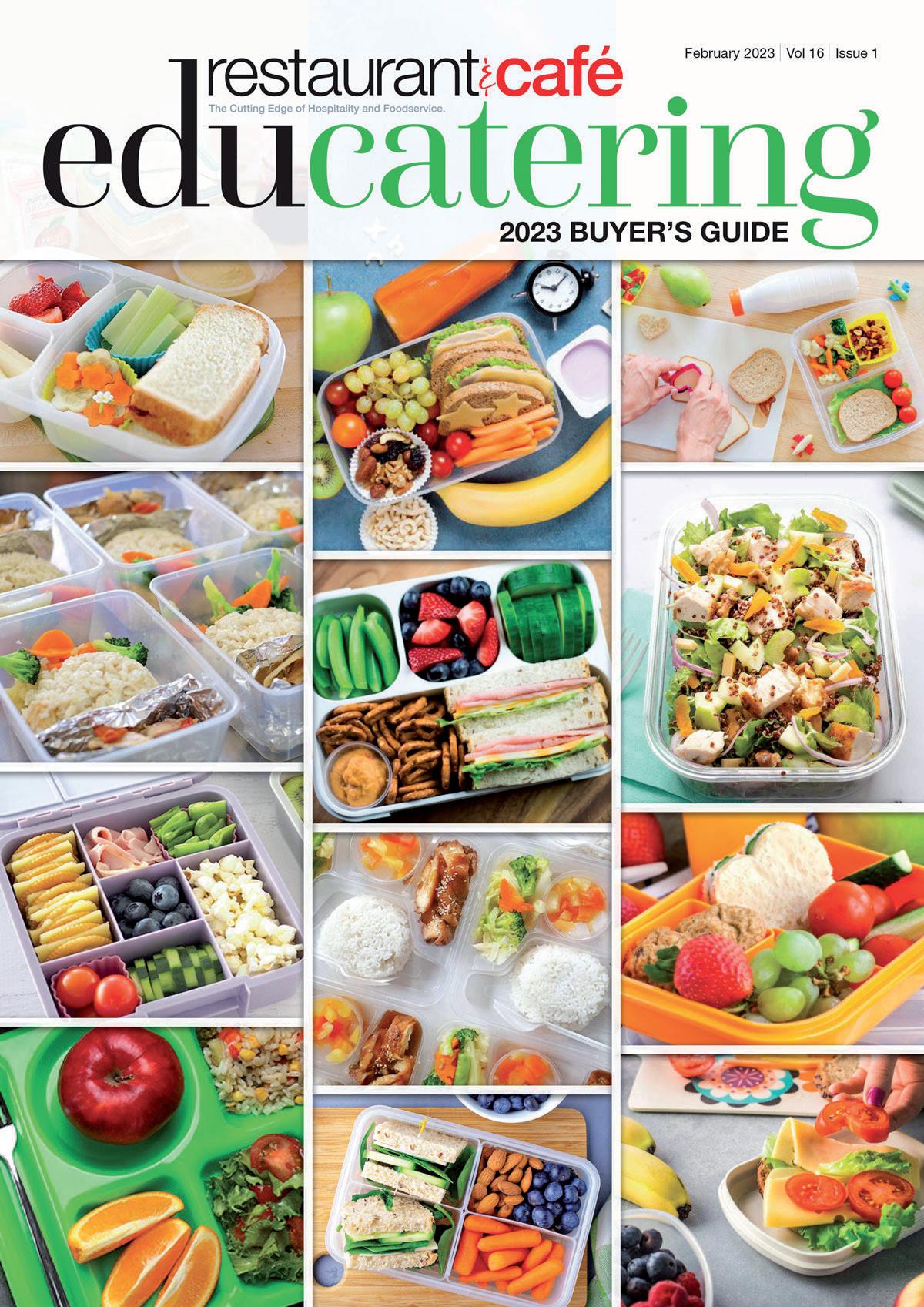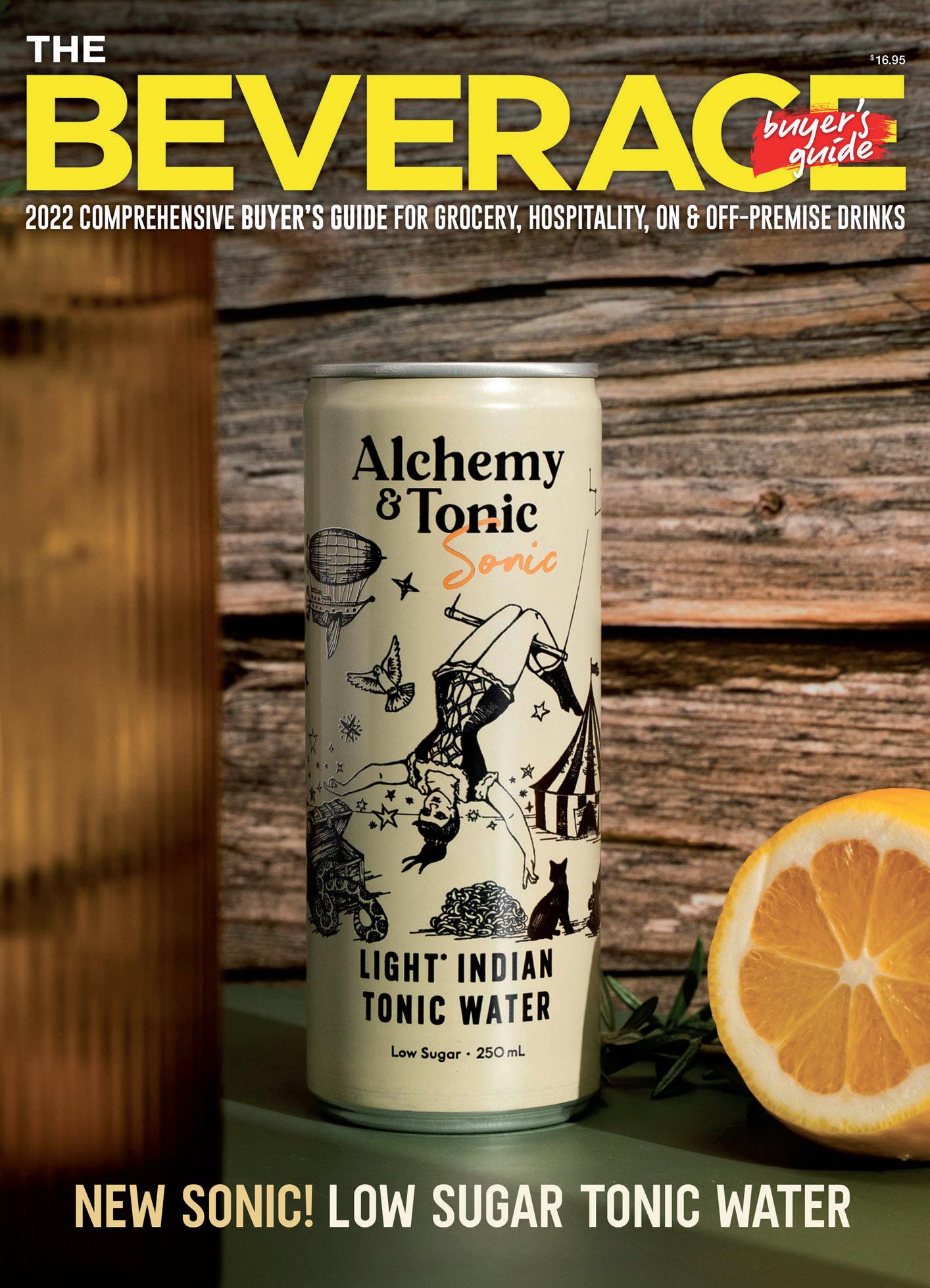

































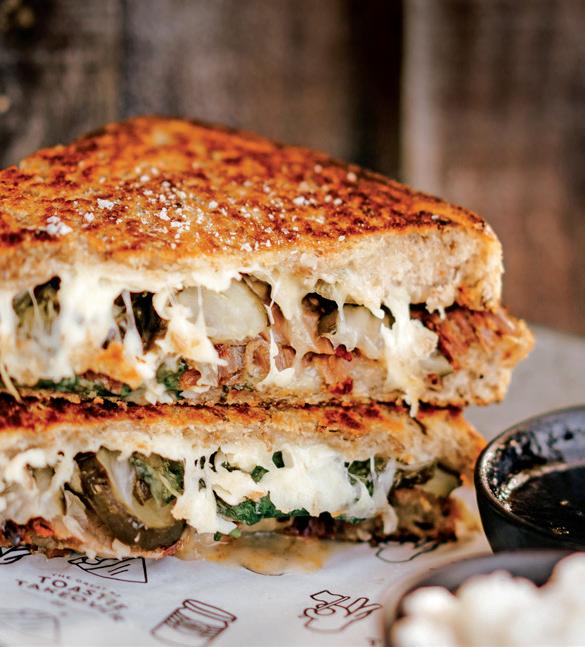 Tania Walters Publisher tania@reviewmags.com
Tania Walters Publisher tania@reviewmags.com

Loyalty programs are a great way for businesses to reward their loyal customers and keep them coming back for more. But when it comes to coffee loyalty cards, it seems that some cafes have forgotten the importance of keeping their customers happy and are instead focusing on their bottom line.


More and more cafes are excluding iced coffees from their loyalty card programme, forcing customers to pay full price for
their favorite drinks. While it's understandable that cafes want to maximize their profits, this is not the right way to do it. By being greedy with their loyalty cards, cafes risk alienating their customers and damaging their reputation.
Customers expect to be able to earn rewards for their purchases, regardless of whether they choose a hot or iced coffee. Excluding iced coffees from the loyalty programme sends the message that cafes are not fully committed to rewarding their customers. This can lead to frustration, disappointment, and eventually, a loss of business.

Moreover, by not including iced coffees in their loyalty programs, cafes are missing out on a huge opportunity to increase customer satisfaction and engagement. Iced coffee is a popular drink, especially during the hot summer months, and offering rewards for these

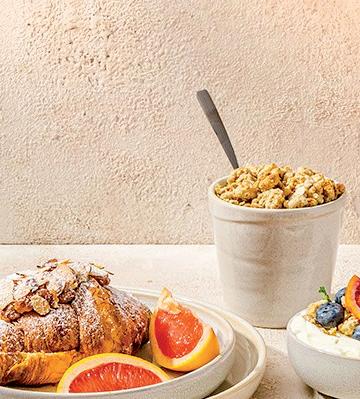

purchases can help attract new customers and retain existing ones.
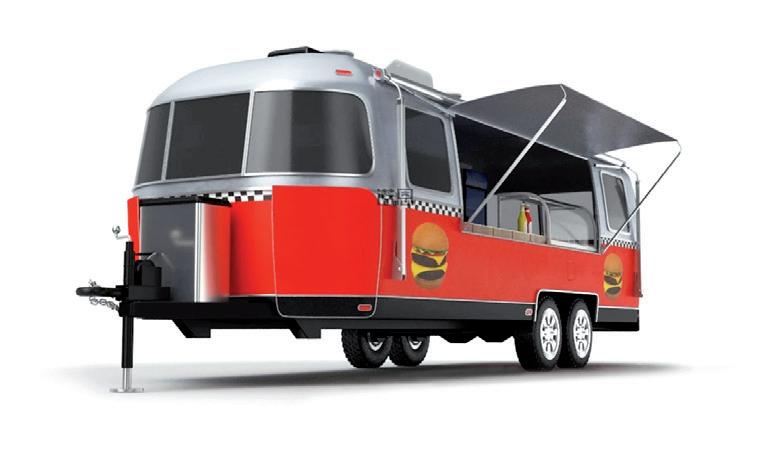










In conclusion, cafes should not be greedy with their coffee loyalty cards. Instead, they should focus on providing their customers with a fair and rewarding experience. Excluding iced coffees from loyalty programmes is a short-sighted solution that could ultimately harm the cafe's reputation and bottom line. So, let's all support cafes that understand the importance of keeping their customers happy while rewarding them for their loyalty.
tania@reviewmags.com


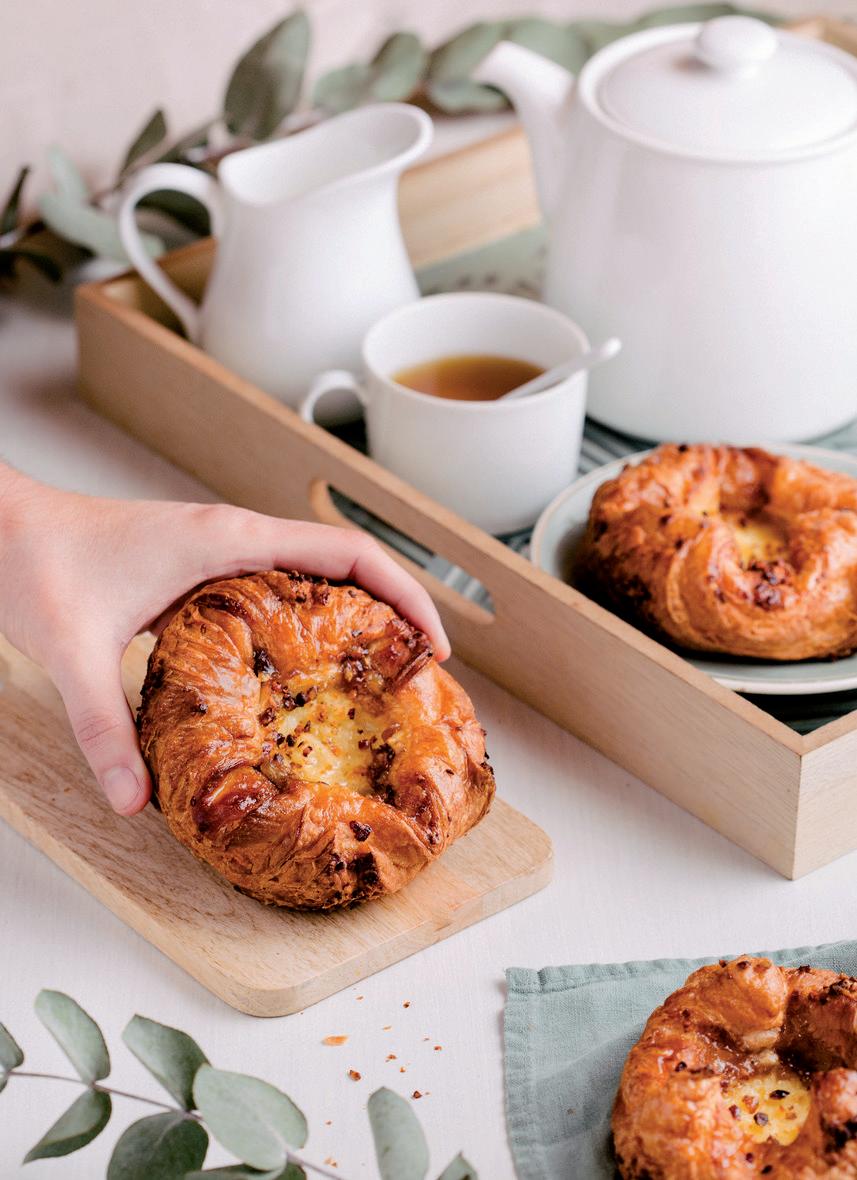
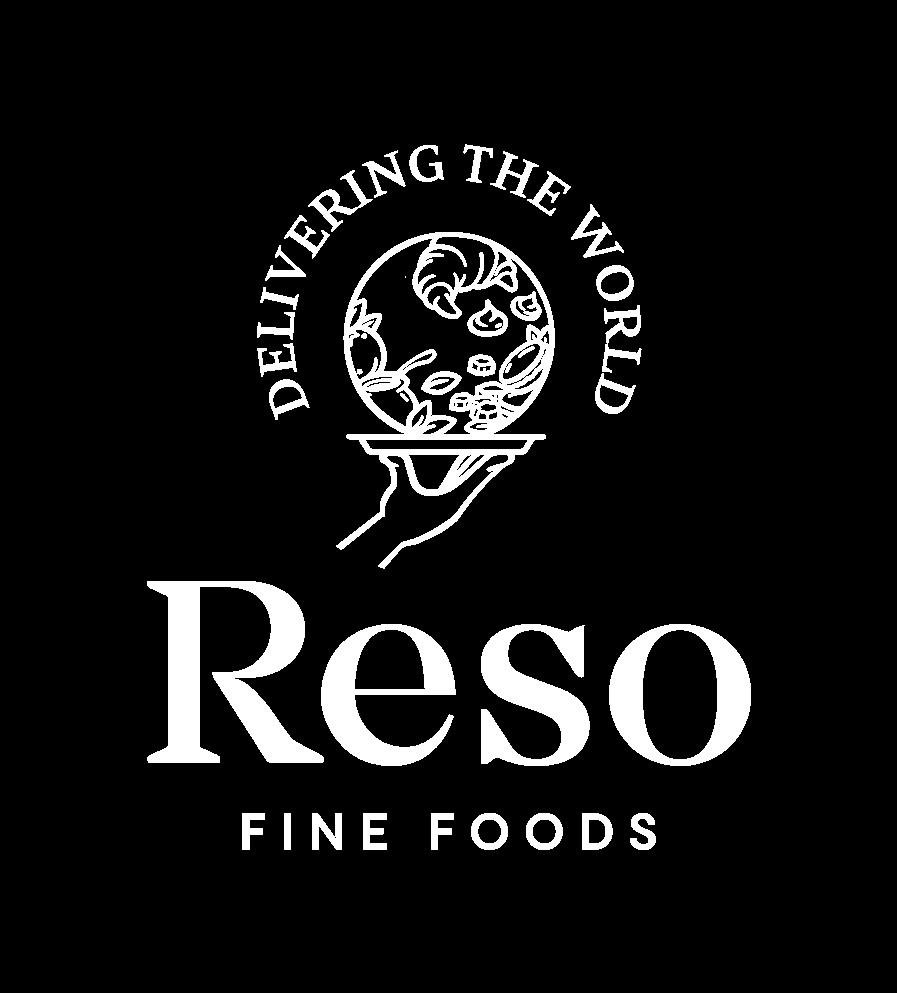



Applications for the 2023 Beef + Lamb Young Ambassador Chef title are now open. Chefs who aspire to grow their profile within the industry and aged between 18 and 26 years are encouraged to apply and join the Beef + Lamb New Zealand Hall of Fame. The Beef + Lamb Young Ambassador Chef will need to be able to showcase their passion for cooking with New Zealand beef and lamb, telling the paddock to plate story in an innovative and exciting way.
Read more here
The Recovery Visa announced by the Government is being labelled as a positive first step by BusinessNZ, however further work is required on areas such as immigration policy to ensure that recovery efforts can be supported by international skills. The six-month visa is now available, and has been designed to


The government has announced a five million dollar support package for businesses that have been impacted by the recent flooding in the Auckland region.
Hospitality NZ says that this is a welcome start, followed by strong advocacy.
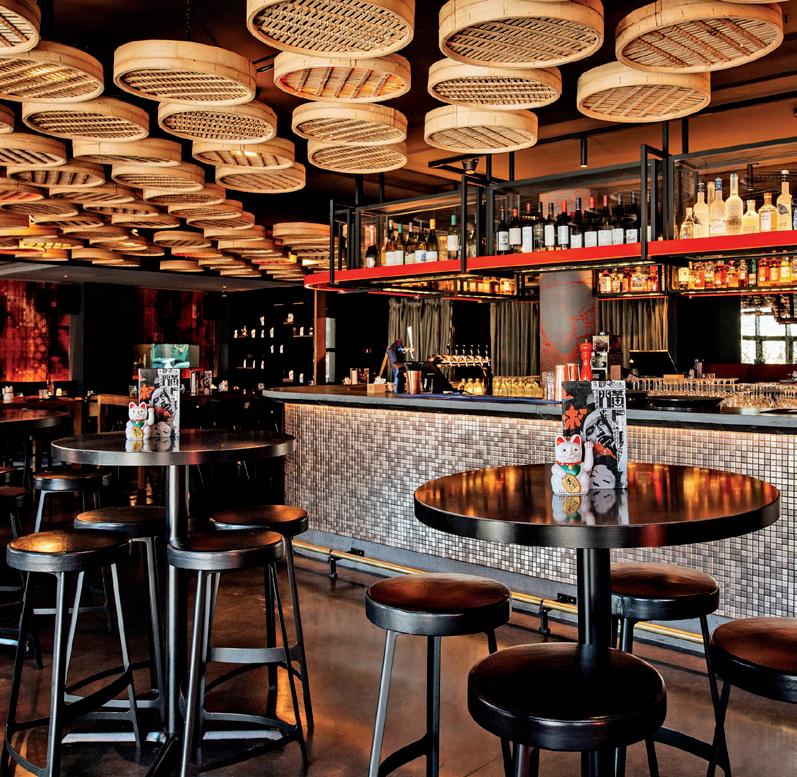
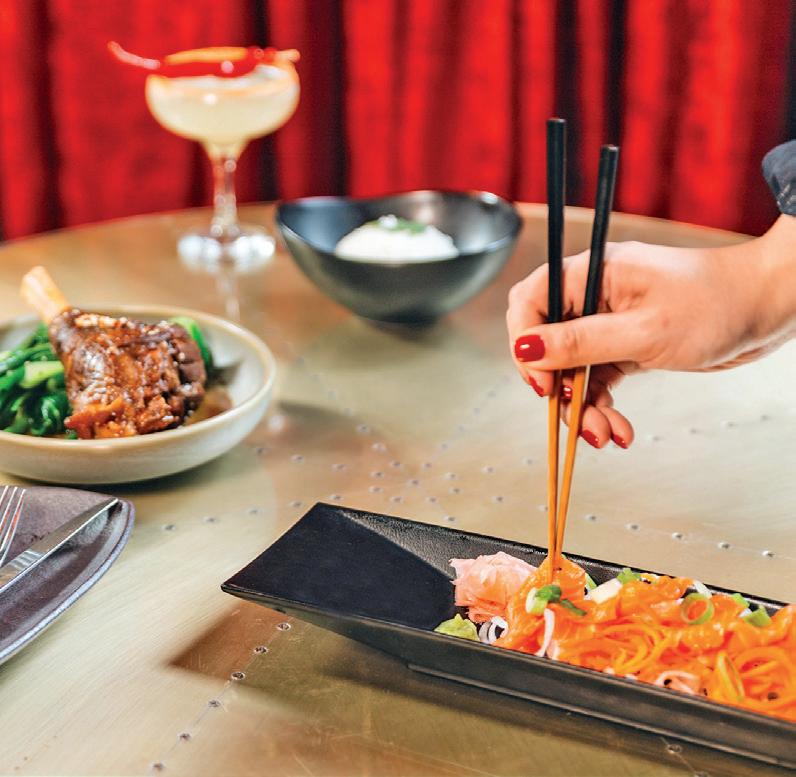
"No one has any idea what the true and final cost to business of this event will be, but this package is a good start to getting businesses across Auckland, Northland, Bay of Plenty, Coromandel and Waikato back on their feet", said Hospitality NZ Chief Executive, Julie White. Read more here
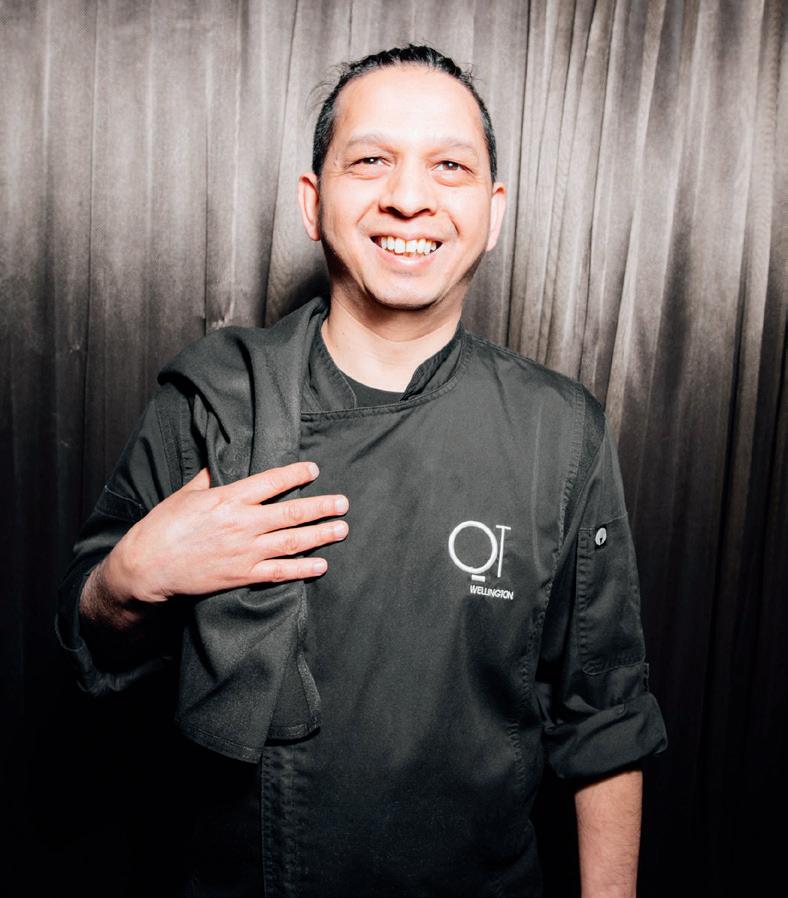
attract much needed workers to New Zealand in the effort to assist with the cyclone and flooding recovery. BusinessNZ chief executive, Kirk Hope said it was a well-received move, but there needs to be a large criteria to cover all effected aspects of the recovery.

Read more here
The New Zealand adult minimum wage has increased by $1.50 to align with the 7.2 percent of Consumer Price Index inflation for the year ended December 2022. The training and starting-out minimum wages will also both increase to $18.16 per hour to remain at 80 percent of the adult minimum wage.

Read more here



Asian influence, Wellington ‘tude. QT Wellington is thrilled to share Hot Sauce is back with a bang for the better part of the summer season. The city’s best-kept secret no more, this harbourside watering hole is abuzz with electric energy and fragrant flavours of import. With a fresh new menu and tunes at the ready, the electric-eclectic Asian bar and eatery is the place to be from daytime bites to night lights. Read more here
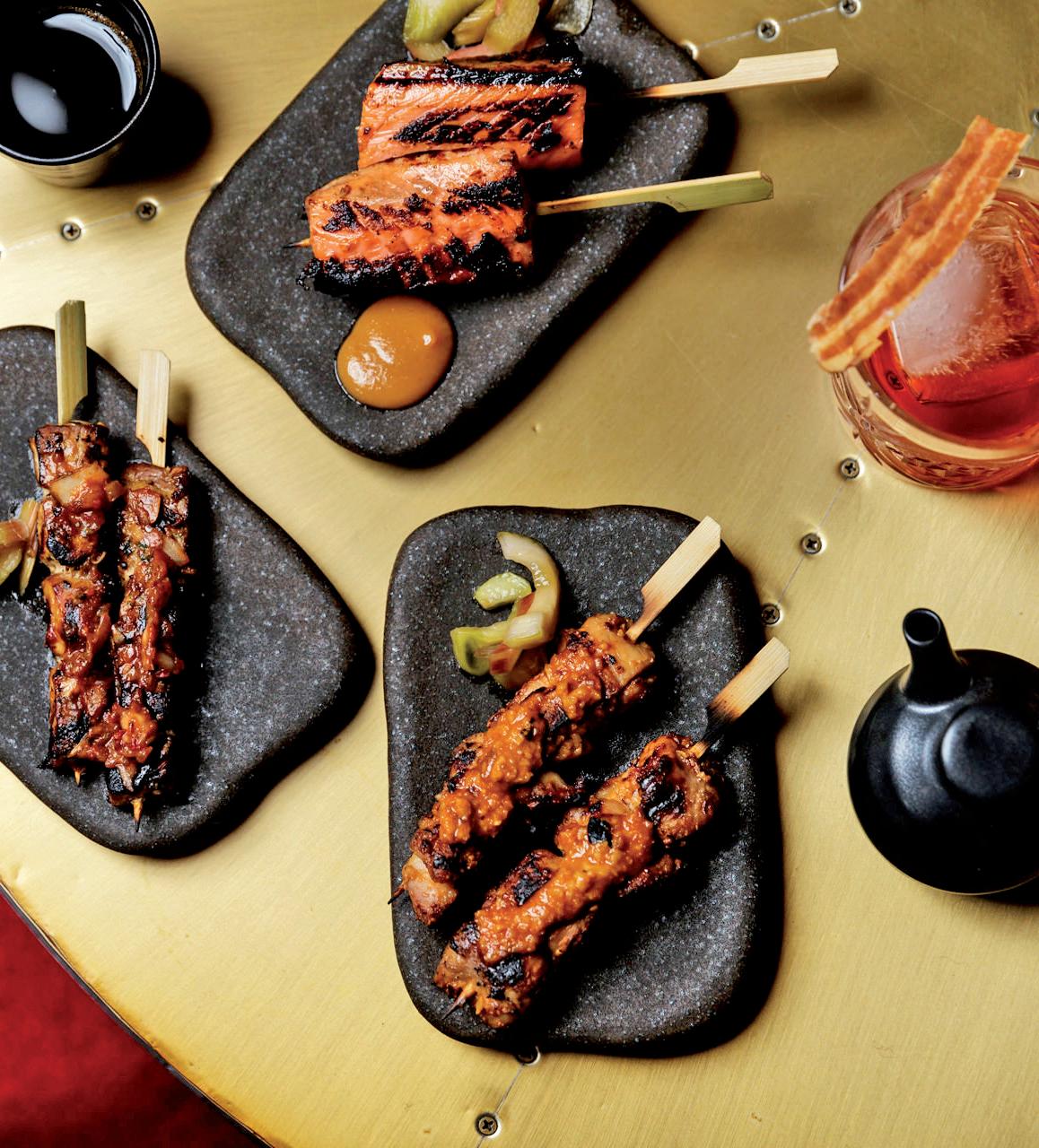
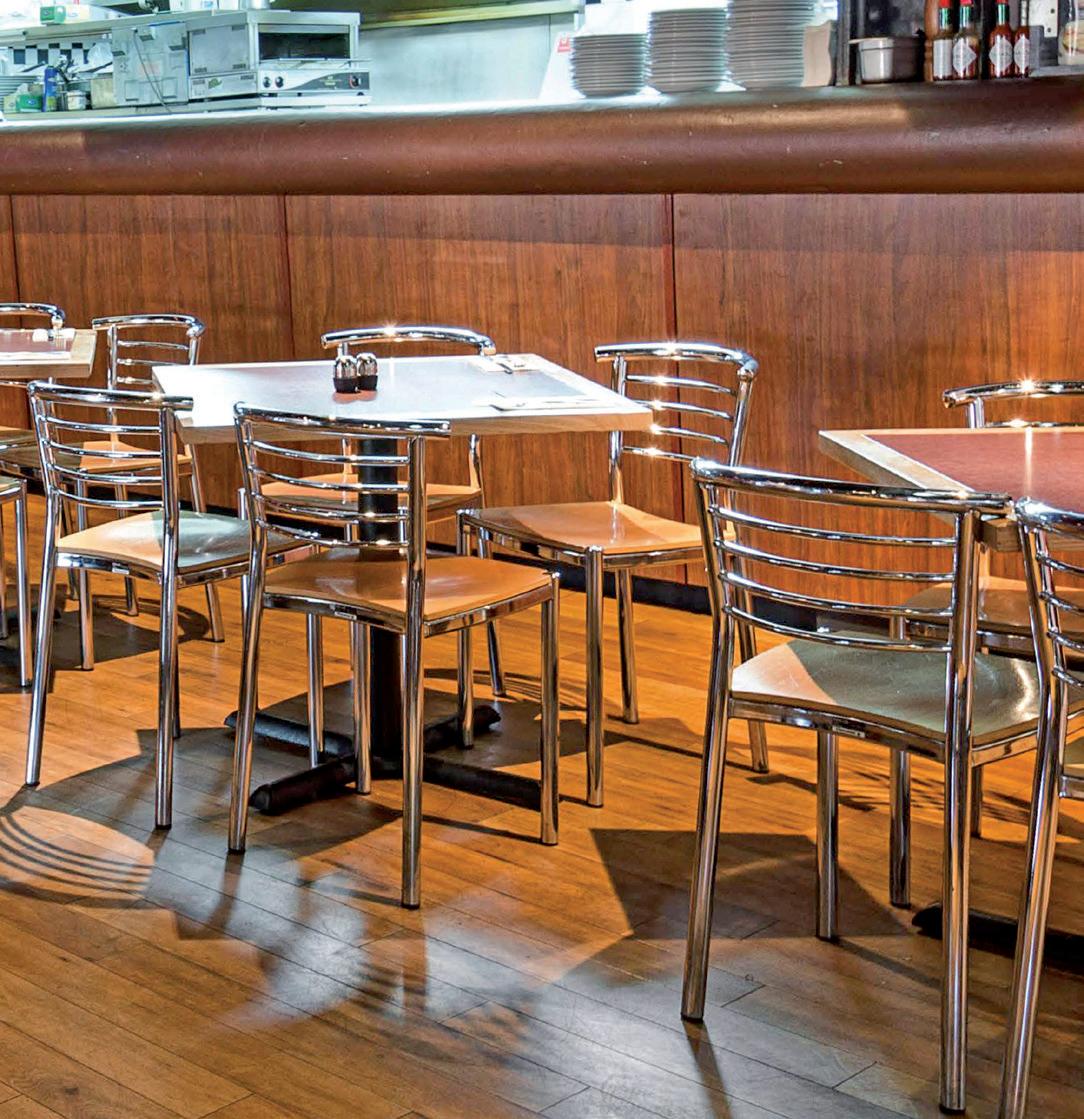
The FHA Food and Beverage expo in Singapore between April 25th and 28th has announced a first ever special segment - Restaurant, Bar and Café. In the segment, guests can discover new and innovative products from leading RBC suppliers, as well as meet and network with industry professionals. Read more here
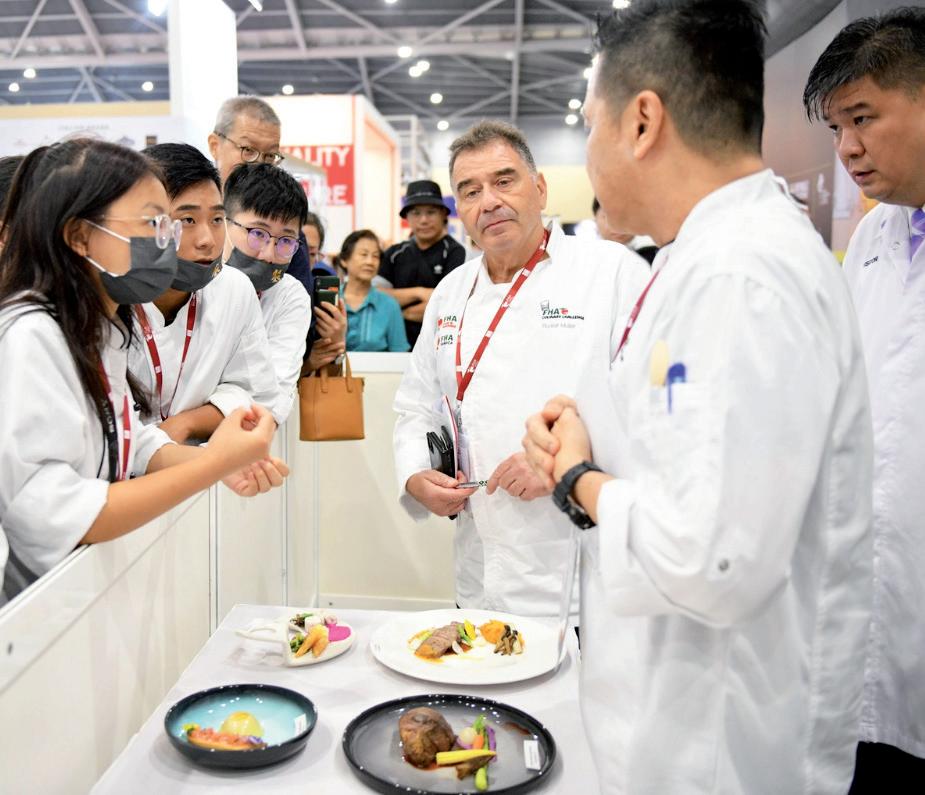

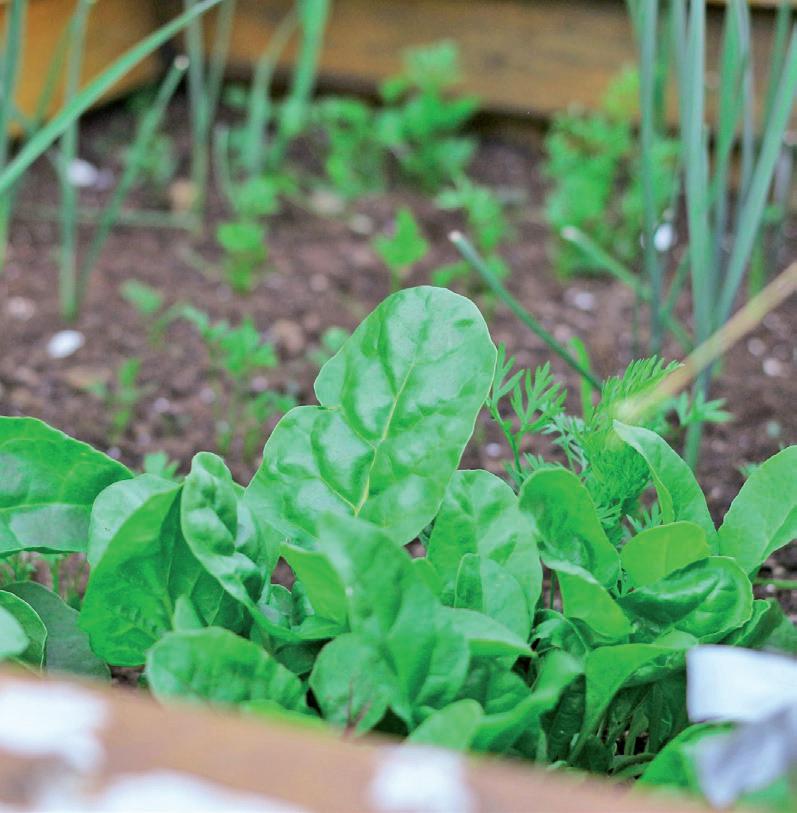
Progress and resilience within New Zealand's horticulture sector remains bright after the flooding, stated Horticulture New Zealand. Despite the significant impact of the floods across the North Island, as seen by Pukekohe growers who watched 265mm of rain wash away their crops in a matter of hours, an optimistic recovery is in sight. Read more here
Businesses across Auckland can now apply for the Back to Work grants, which are part of the Government’s $5 million support package. Eligible businesses must have no less than one employee and no more than 20, have been directly impacted by flooding and face significant cashflow issues due to customer access, stock levels, damages or insurance delays.
Read more here
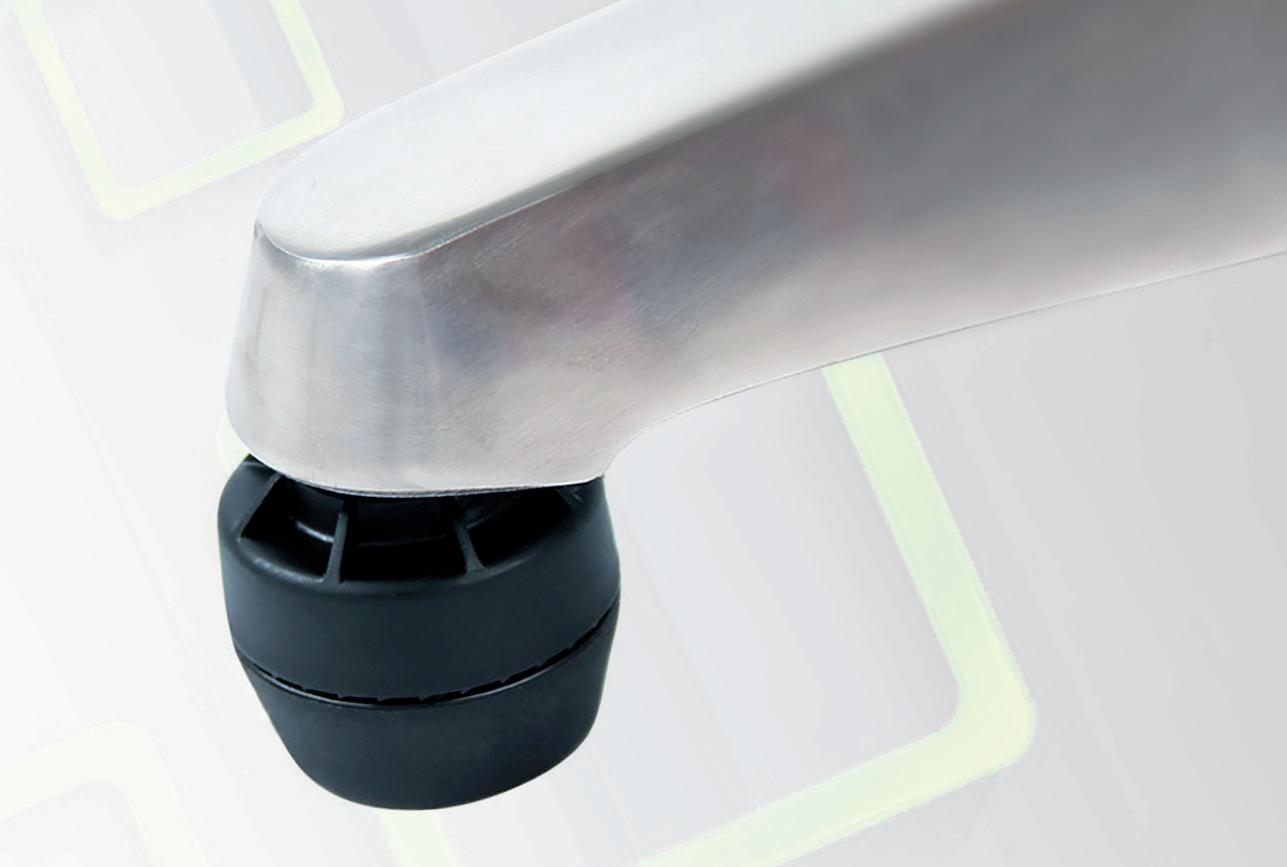
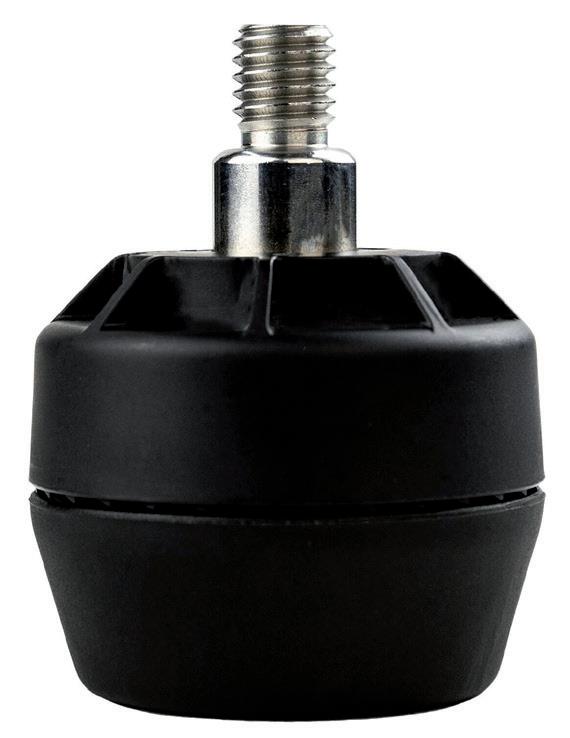

Many things are going through a business owner's mind when navigating the aftermath of extreme weather events. Business.govt.nz has some advice and critical points to consider.
Read more here
Reward Hospitality takes great pride in being the leading supplier of food services solutions to their industries. Their extensive range of products includes tabletop, kitchenware, drinkware & bar, takeaway & packaging, uniforms & safety, and more.


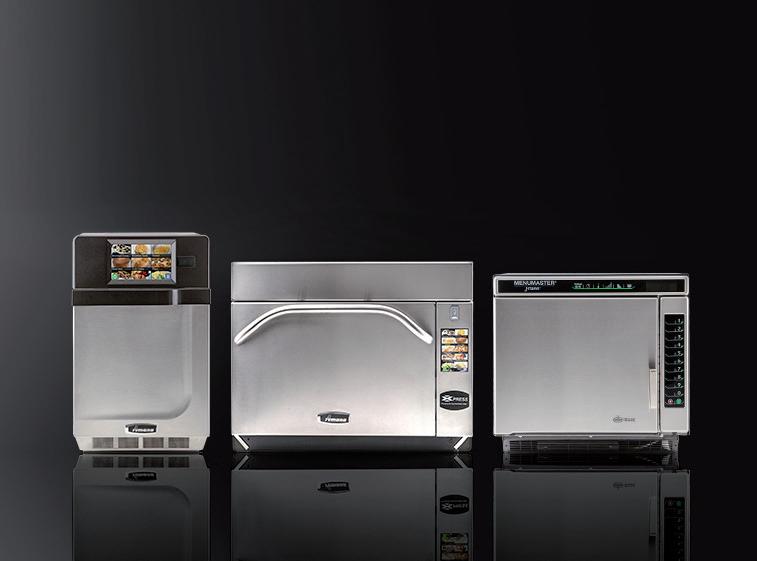
Read more here

Her Royal Highness, Princess Anne, visited Wellington's Havana Coffee Works roastery to raise funds for Cyclone Gabrielle recovery. Read more here
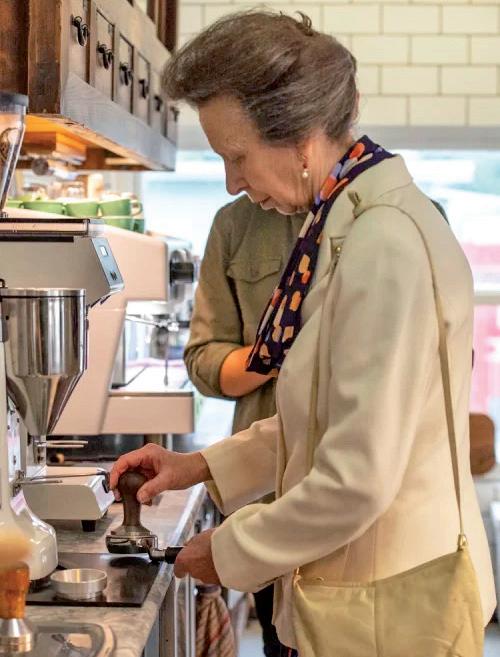




The hospitality industry has faced tremendous challenges over the past three years. The most significant pain point has to be staffing shortages and the slow return of migrants, which have made it difficult for operators to keep their businesses afloat. To mitigate these challenges, operators are looking for ways to save on costs while keeping their customers happy.
One strategy is shrinkflation, which refers to reducing portion sizes instead of raising menu prices. This practice has, in the past, usually been a strategy in high-end restaurants. Still, it is now popping up in establishments serving traditionally lower-cost items like pizzas, burgers, and chips.
In addition to shrinkflation, technology is another option operators are turning to ease costs and streamline their operations. Many
front-of-house (FOH) and back-of-house (BOH) tech solutions can automate certain functions and allow staff to focus on providing personal service. For example, reservation software can automate the booking process, freeing up staff for other duties. Handheld point-of-sale (POS) systems can also remove the back-and-forth between the register and the tables, speeding up the payment process and giving customers a better dining experience.
In busy kitchens, mistakes can often happen. However, automating the order-taking process at the table can make the kitchen function much more efficiently. A kitchen display system is another time-saver. It calculates the cooking time and displays prompts for other meals on the menu. Some restaurants are also transforming how customers pick up their to-go orders, using delivery options or safe food lockers to ensure a safe and convenient experience.
Studies show that customer preferences regarding how they engage with restaurants have changed, with a desire for convenience, high-quality service, and a seamless experience from start to finish. Self-ordering kiosks
have become commonplace at fast-food and fast-casual restaurants. Still, independent eateries have been more hesitant to adopt this self-serve technology. However, since the arrival of COVID-19, more independent businesses are reconsidering their options regarding self-ordering kiosks, which are now considered a cost-effective approach. Changes in customer behaviour are driving an increase in sales via kiosks, as customers increasingly expect the same degree of control, choice, and personalization when dining out.
Restaurant operators can improve dayto-day operations and manage workforce challenges by investing in more efficient and effective technological solutions. Automation can help operators streamline procedures and keep up with customer requests and market trends, putting them in a great position to stay ahead of the competition. With highly integrated systems likely to become more commonplace in the coming year, operators should prepare well to stay ahead of the game. The restaurant industry's future depends on automation, and embracing it can lead to success and growth for restaurants of all sizes.
Dougall's initial taste for the grape began in his late teens when he started working at Fullers Brewery in London. He soon transitioned to working in a wine shop and was seduced by the idea of becoming a winemaker. Moving to New Zealand to study Viticulture and Oenology at Lincoln University, has worked as a winemaker at Pegasus Bay.
“Somehow, I knew I would always be working in wine from the age of 18,” explained Dougall.






“I then got promoted to manage my own wine shop in London, which I absolutely loved, and one day a winemaker came into the shop to say thanks for selling so much of his wine.”
“Something went off in my brain that day, and I decided that was it. I was going to become a winemaker myself.”
At Deep Down, Dougall is dedicated to making the most honest and authentic expression of the land and vintage by removing as many chemical additions as possible. The winery focuses on Pinot Noir, Chardonnay, and Sauvignon Blanc and strongly prefers vineyards with fine silty clay soils.

Dougall's idiosyncratic approach to winemaking is his aim to provide transparency to the wine industry by being unequivocal about the ingredients used. Sustainability is also a key part of Deep Down's philosophy and practices.
Despite the challenges posed by the COVID-19 pandemic, Deep Down has fortunately managed to remain successful, with 85 percent of its wine being exported. Dougall credits his mentor Mat Donaldson from Pegasus Bay, with influencing his winemaking and teaching him to trust his intuition.

Dougall's goal for the future is to build a wine business that is true to itself and raise wine etiquette in all of us, to make people question the ingredients and growing methods of the wine they choose. He also hopes that his business will be able to support two families one day.
Clive Dougall is a winemaker devoted to making the best possible expression of the land and vintage. His approach to winemaking, which emphasises transparency and sustainability, sets him apart and makes Deep Down a winery to watch.


The humble toastie has undergone a renaissance in recent years, with cafes and restaurants across New Zealand putting their own spin on this classic comfort food. Last year, the Great NZ Toastie Takeover celebrated the country’s top toasties, with more than 180 entries and a whopping 140,000 toasties served up over the duration of the search. The hotly contested title of the country’s top toastie was won by chef Rich Johns from Rotorua’s Okere Falls Store and Craft Beer Garden.

Let’s take a look at some of the finalists from last year’s competition, which featured some truly mouthwatering creations from all corners of New Zealand. In Auckland, Archie Café’s Pepper Pig toastie featured hot pork, a double cheese blend, McClure’s Sweet & Spicy Pickles, mustard, and sriracha on toasted sourdough. Meanwhile, Wynyard Pavilion’s Low ‘n Slow included low and slow smoked wagyu brisket, Massimo’s mozzarella, McClure’s Sweet & Spicy Pickles, truffle aioli, and Old Yella habanero mustard.
In the Waikato, Bay of Plenty, Coromandel, and Rotorua region, The Public Office’s Smoky Pork & Pickle toastie included cider-braised pork, smoky wood sauce, melted gouda, and

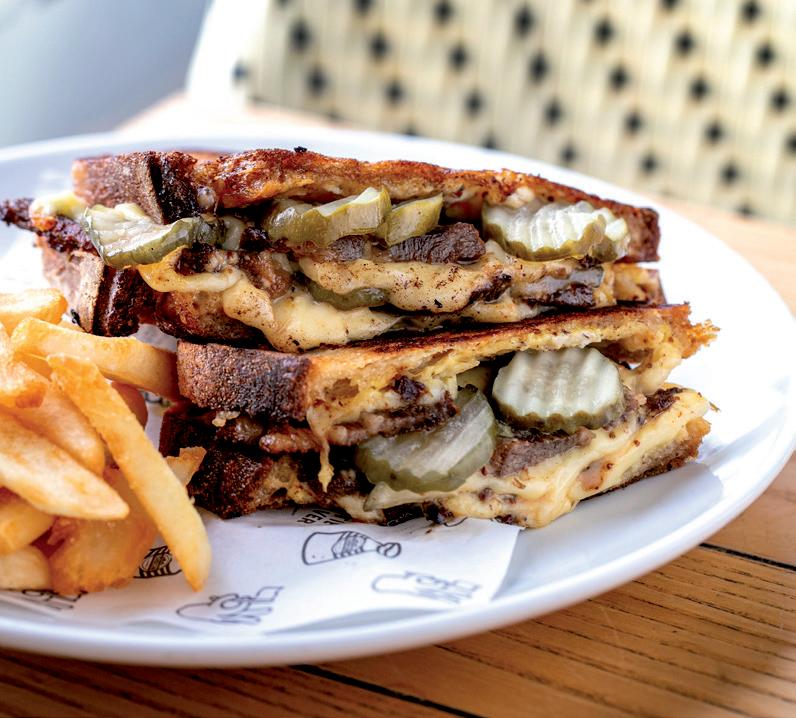
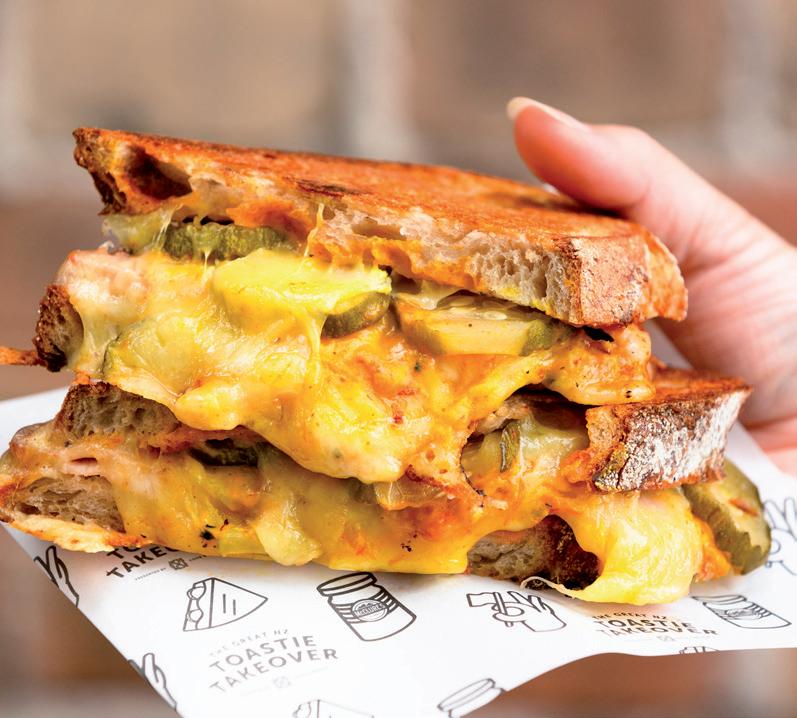
McClure’s Sweet & Spicy Pickles, topped with crispy fried pickles. The winning toastie from Okere Falls Store was called Get Smoked, Pickled + Toasted and featured house-smoked, beer-brined brisket, McClure’s Sweet & Spicy Pickles, hop-salted mozzarella, smoked cheddar, watercress, and horseradish on Bread Asylum X Lumberjack Brewing spent grain sourdough, with pickle brine sour cream and a beer gravy dipping bowl.


In the central North Island, Toastie Ohakune’s Owen’s Missus, Who Takes No SCHMACK featured corned beef, pickled carrots, Pepper & Me ‘Schmack Sauce,’ McClure’s Bread & Butter Pickles, and four cheeses. Best Burgers in Havelock North put together a Cluckin Patty Melt with a chicken-
fried patty, Swiss cheese, bacon & onion jam, McClure’s Bread & Butter Pickles, and Best Burgers Special Sauce on house potato bread. Moving on to the Wellington region, Brew Union in Palmerston North created the Pork & Rye toastie, which included pickled pork, jalapeno, date and smoked gouda cheese sauce, American mustard mayo, and McClure’s Sweet & Spicy Pickles on rye bread. The Offering in Greytown’s Beef Greytown (Our take on a classic) included a four-cheese blend with Parkvale mushrooms, onion, and baby spinach, thyme and parsley to form a spread, French mustard, pulled hot smoked rump beef with a chipotle BBQ sauce, McClure’s Bread & Butter Pickles, white cheese sauce, all nestled between toasted marble rye bread.
In the Upper South Island, Little Nessie Café in Nelson put together a Toasted Reuben featuring pastrami, Swiss cheese, McClure’s Sweet & Spicy Pickles, sauerkraut, and a secret sauce. Meanwhile, BEERS in Christchurch created the Lamb Margera with smoked lamb shoulder, Swiss cheese, McClure’s Sweet & Spicy Pickles, kimchi, and onion rings on sourdough.
The Lower South Island had three finalists, with a tie in second place. Morning Magpie in Dunedin’s Tickle My Pickle featured organic sourdough, McClure’s Sweet & Spicy Pickles with house pickles.
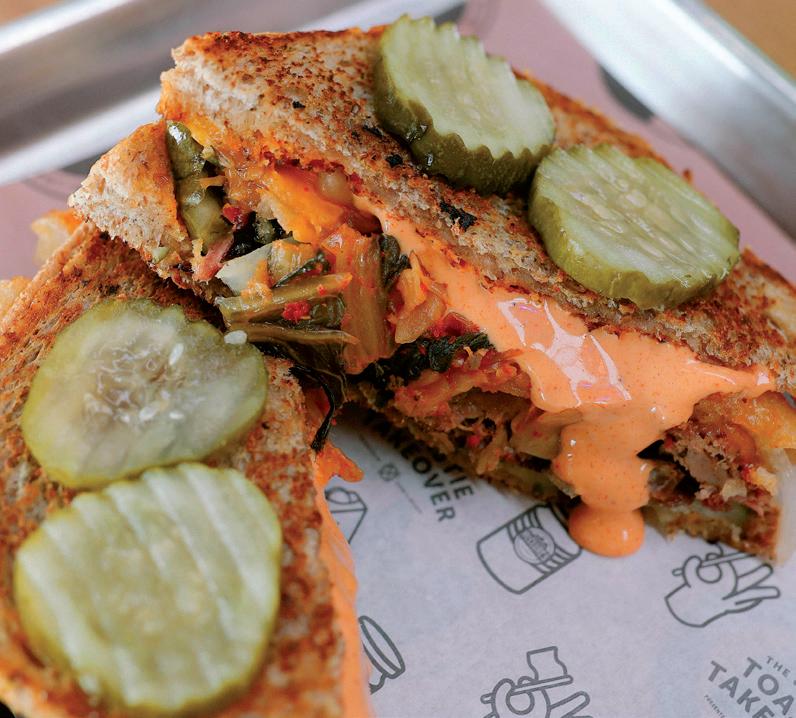
The Great NZ Toastie Takeover will return for 2023 so get ready to create the next winning sandwich!
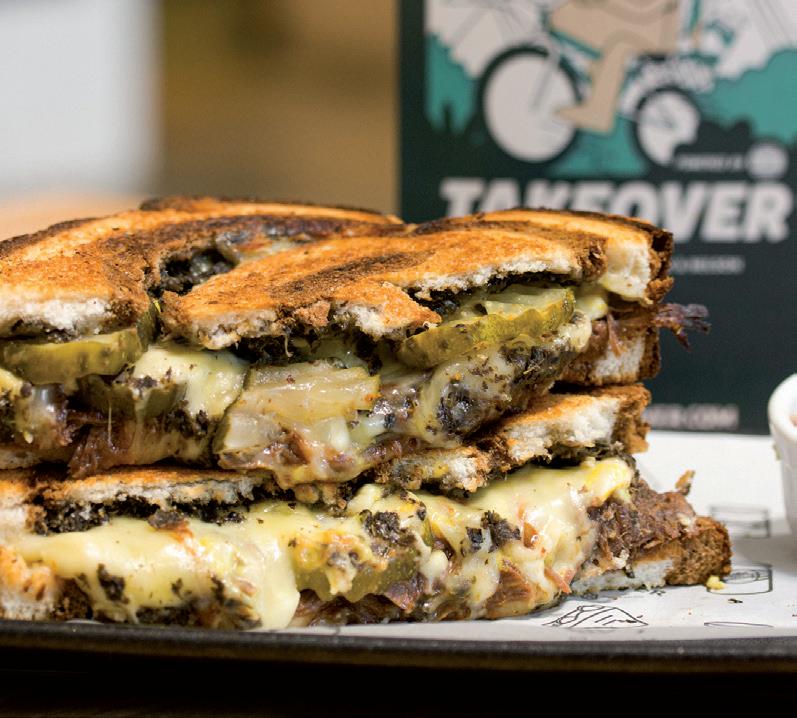
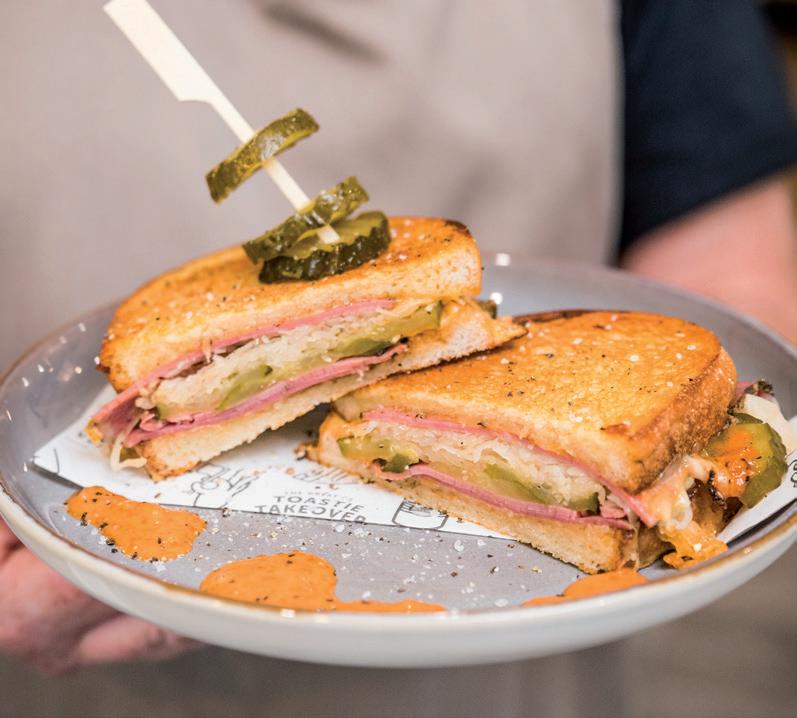
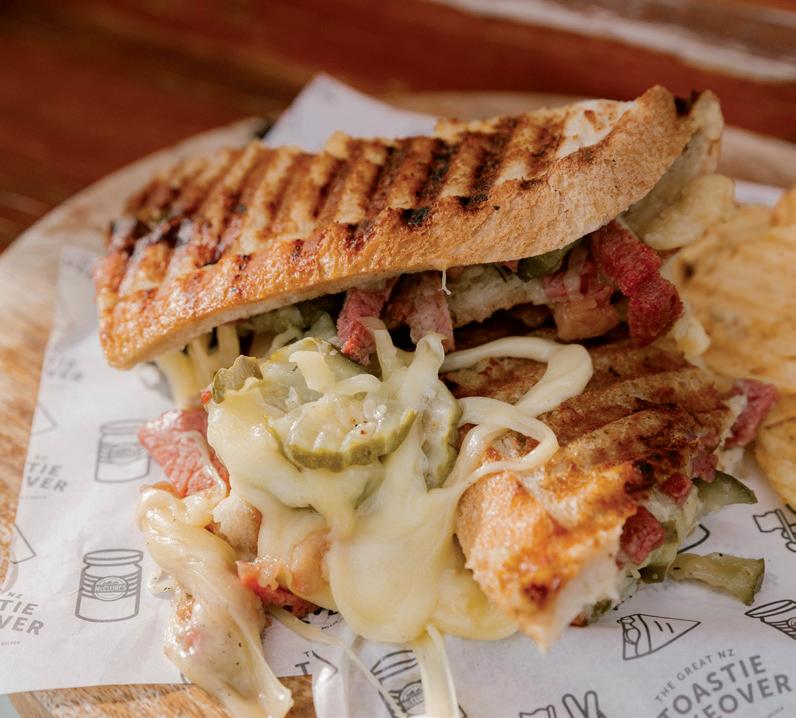
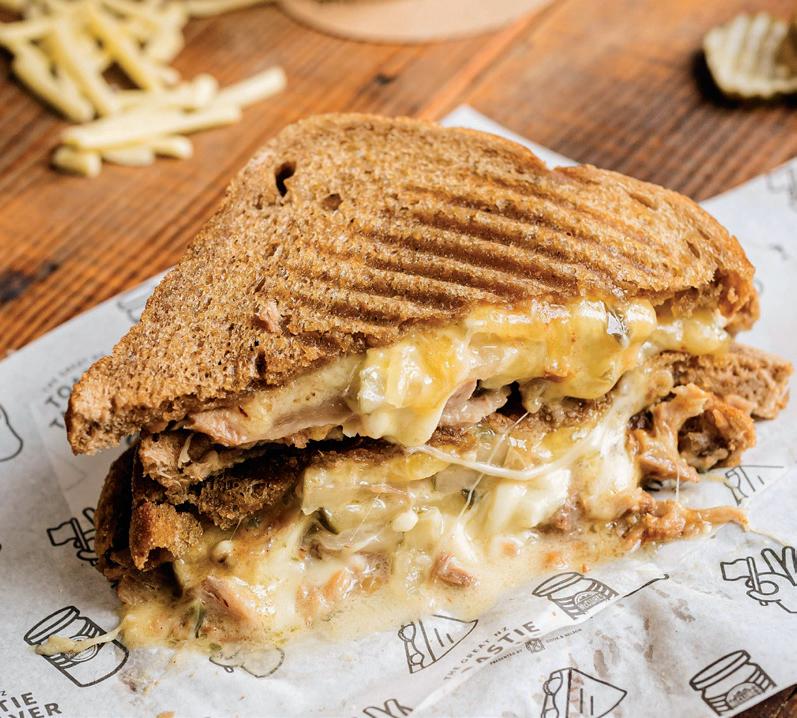
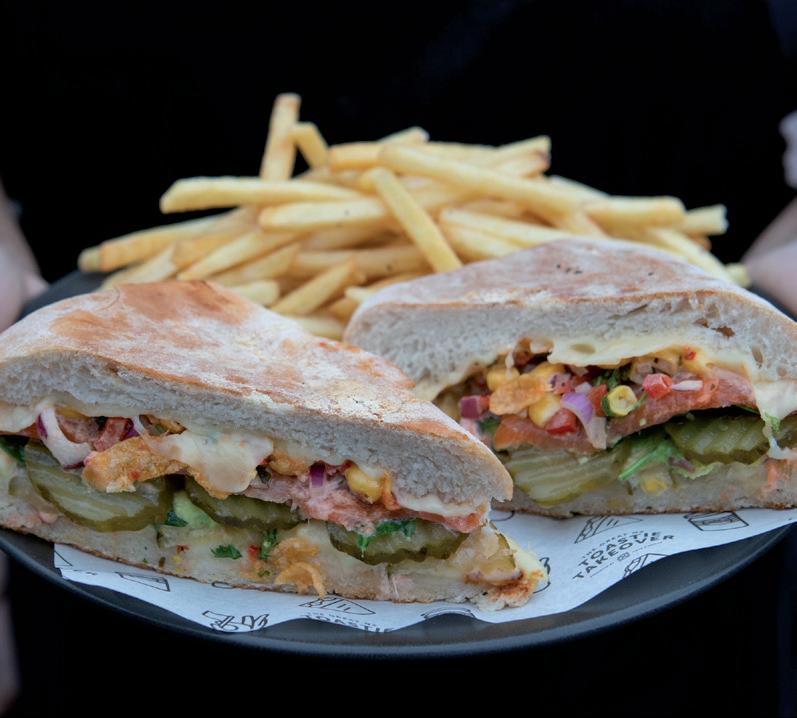
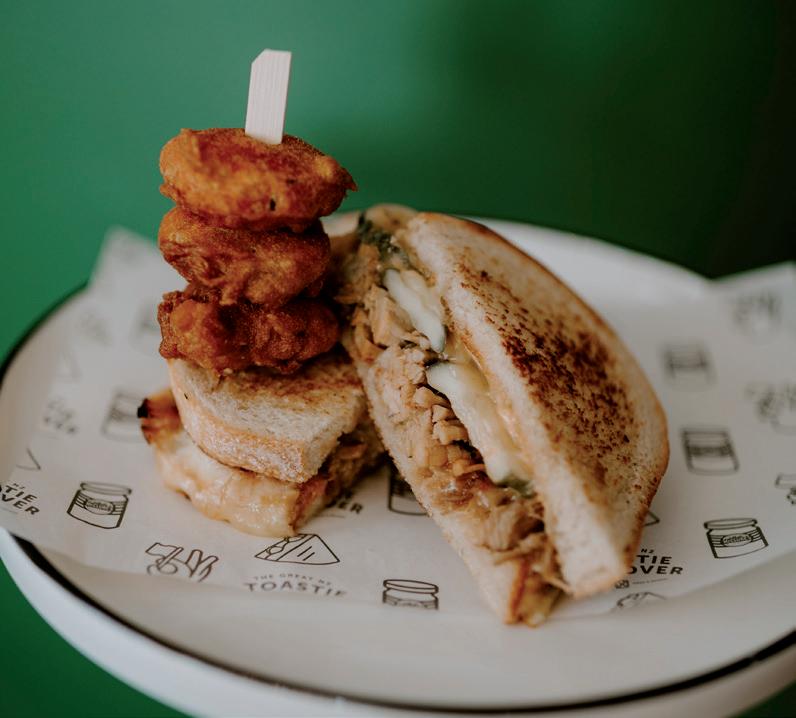
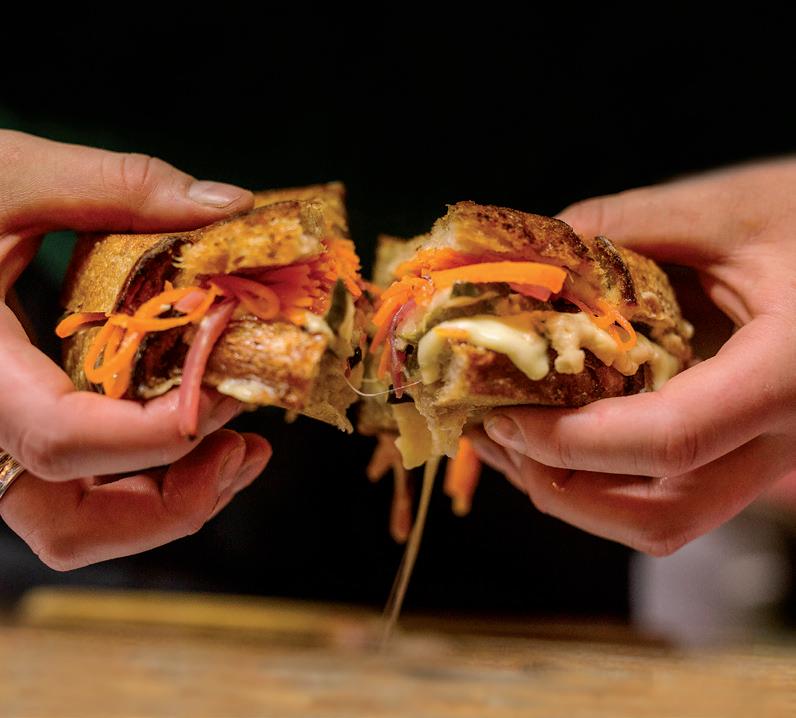
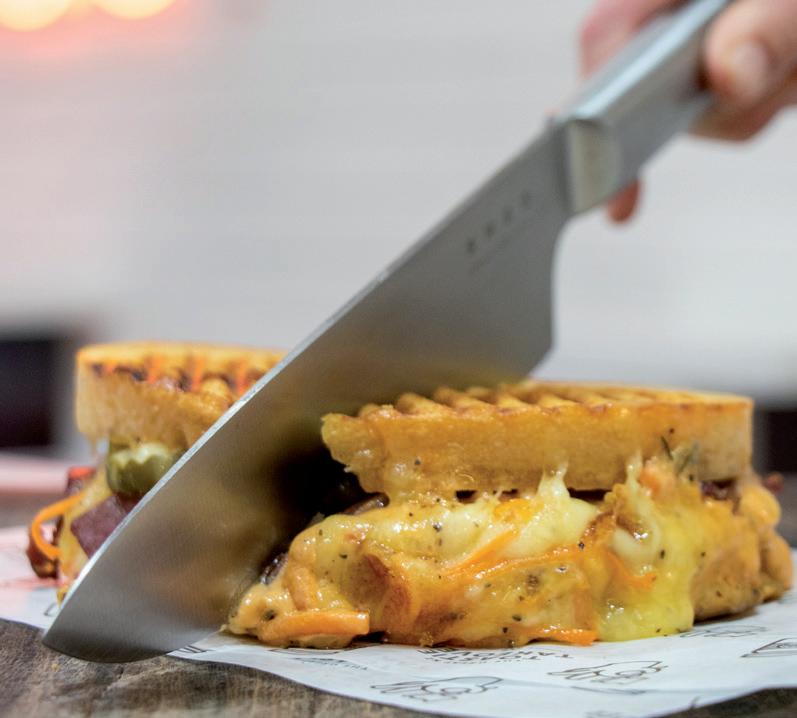


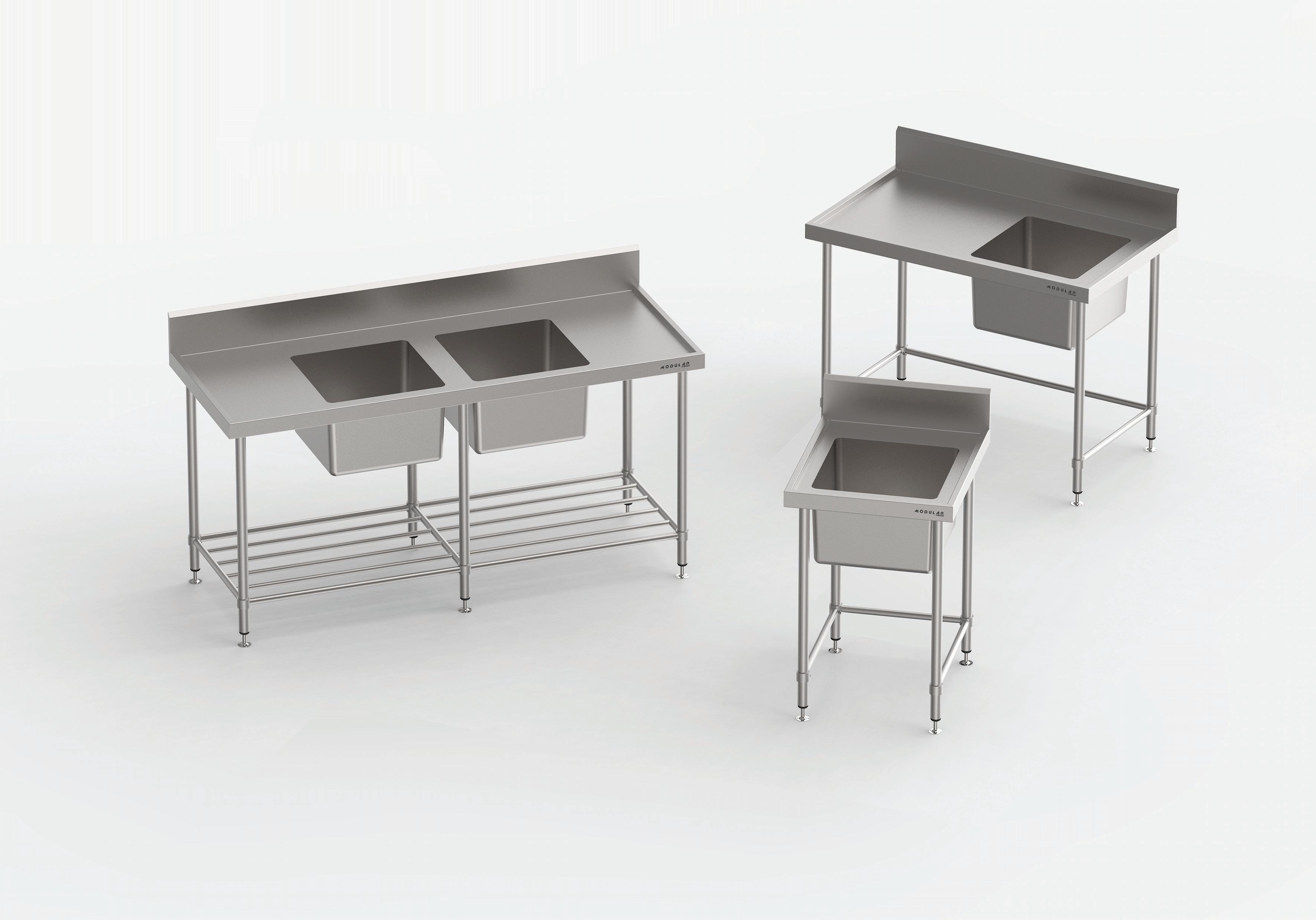
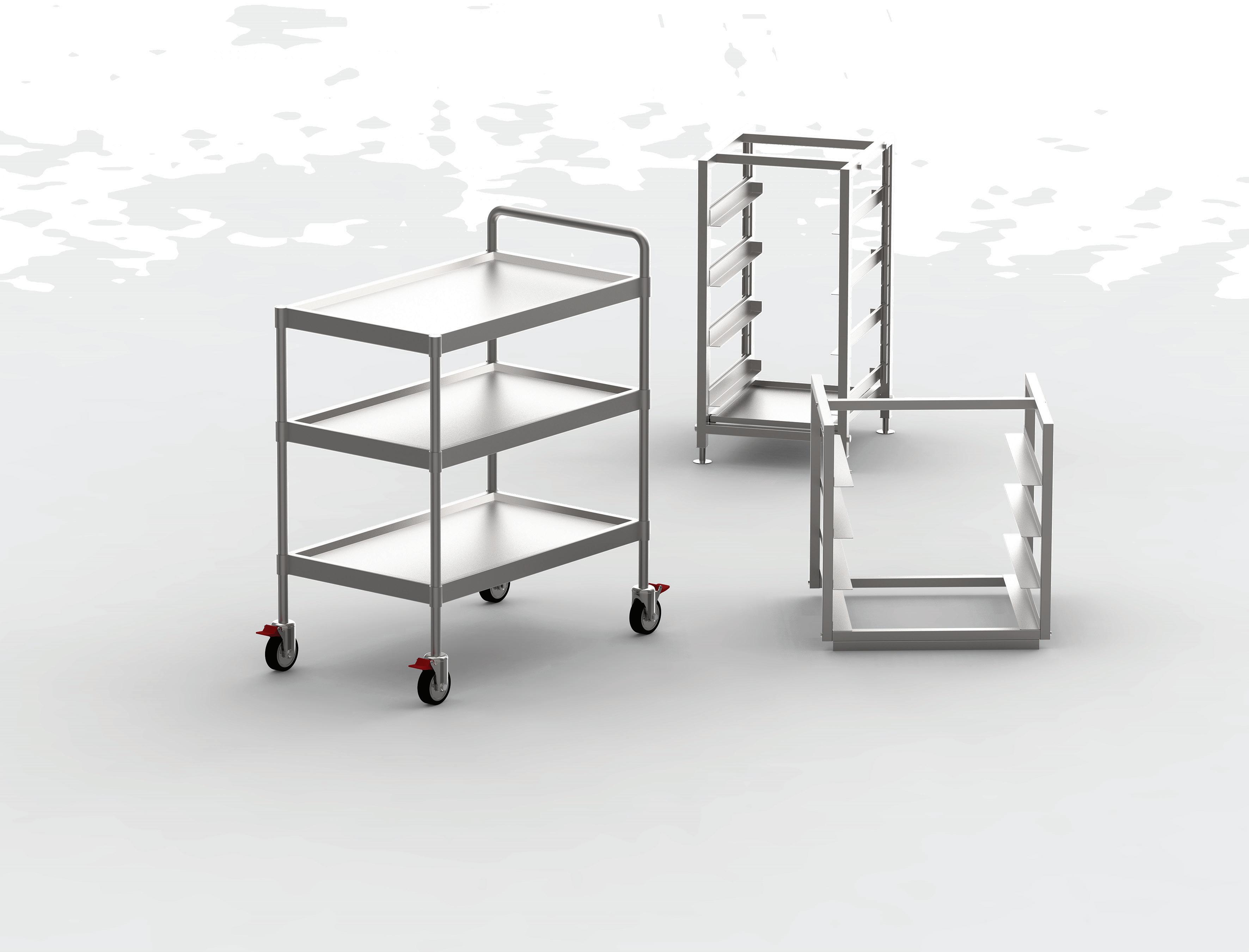

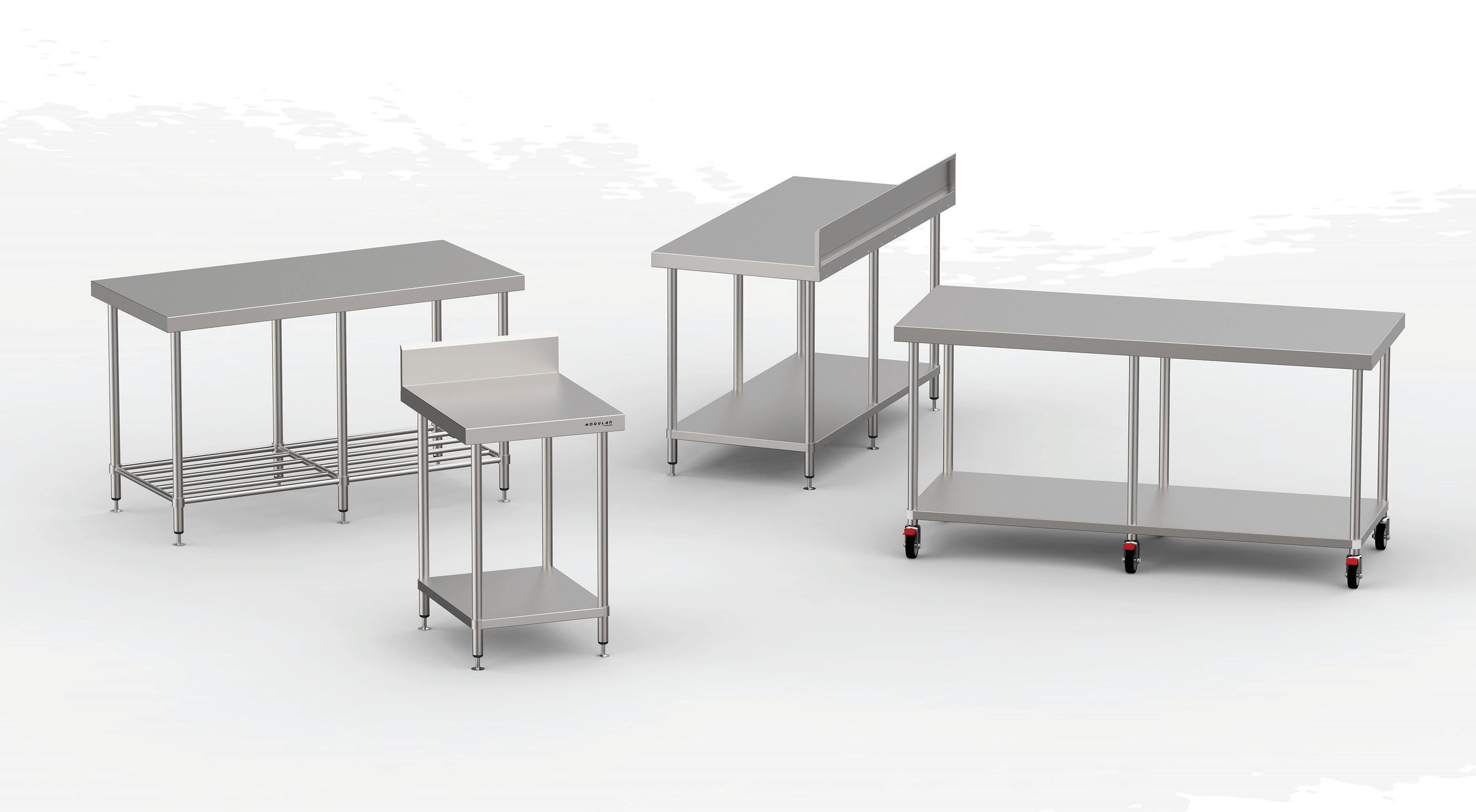


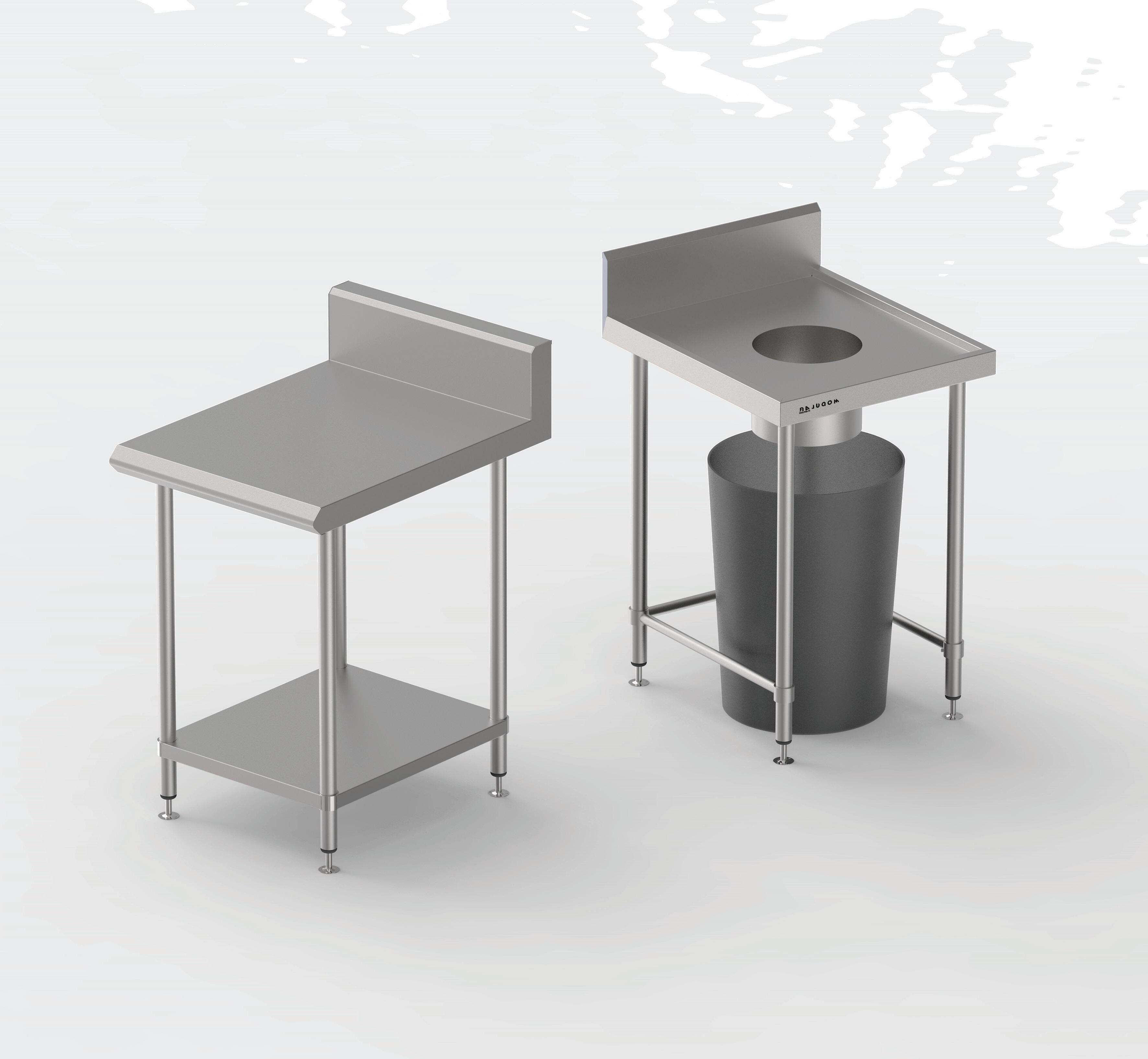


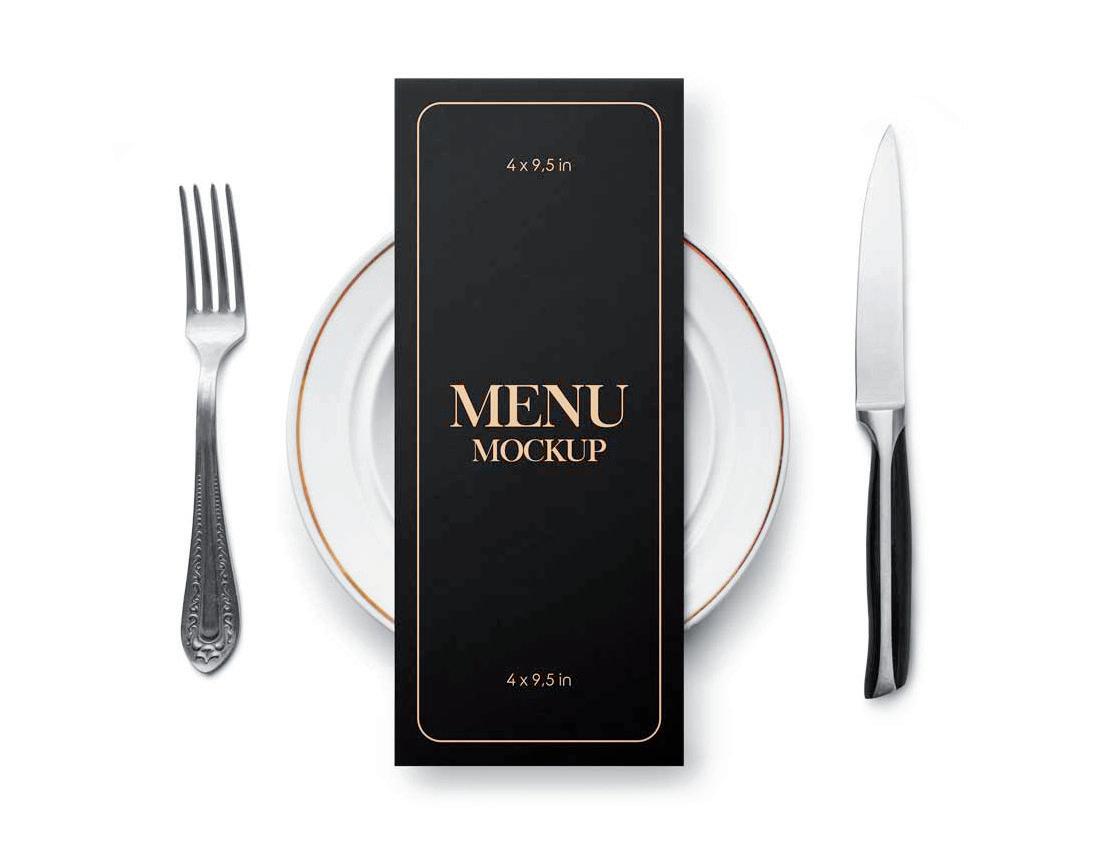
Increasing prices in a cafe can indeed be a daunting task. Still, it's important to remember that running a business is necessary. However, it's also essential to approach it in a way that is customerfriendly and doesn't negatively impact your customer base.

Here are a few additional tips for cafe owners to consider when increasing prices:
Consider the timing: If possible, try to time your price increases by introducing new menu items, seasonal changes, or other events that might make the cost increase more palatable for customers.
Offer discounts for off-peak hours: If you're concerned about customers hesitating at higher prices, consider offering discounts during certain hours to encourage them to come in during slower times.
Get feedback: Before implementing price increases, consider getting customer feedback. Usually, customers are happy to give you feedback. You could conduct a survey to test customers' reactions to menu changes. Also, put a new item on the menu each week and test the response to it and the price.
Best to be transparent: In addition to ensuring that you aren't hiding the price increase, be transparent with customers about why the increases are necessary. For example, explain that the increase is needed to cover rising ingredient costs or to provide better wages for your team.
Loyalty Programmes: Always a winner in a cost of living crisis. Consumers use loyalty cards more when they feel the broader effects of rising prices.
Reward your most loyal customers, not just a coffee card; perhaps if they dine with you ten times, they receive a $20 voucher to spend on their next visit.
Remember that increasing prices doesn't have to mean losing customers. Being thoughtful and strategic in your approach can maintain a loyal customer base while keeping your business financially stable.
HospoCred is the new industry programme that shines a spotlight on those in the hospitality industry who go above and beyond in their employment and business practices. Developed by the Restaurant Association, HospoCred is a voluntary employer accreditation programme that was created in response to member requests for a platform to recognize excellence in the industry.
Achieving HospoCred recognition is no small feat. Businesses must undergo an application process and be assessed against high standards in five different areas: Employment Processes, Workforce Development, Policy/ Business, Financial Management, and Training/Professional Development. To achieve accreditation, businesses must
demonstrate that their employment practices meet and exceed standards, and show a commitment to ongoing development for themselves, their business, and their team.
But it’s not just about employment – HospoCred also assesses a business’s compliance, workplace policies and procedures, and commitment to training. As part of the application process, businesses must provide a range of records, documents, and evidence of training. The Restaurant Association also conducts interviews with the owner/manager and employees to verify the information submitted.
The best part? Support and guidance are provided throughout the application process, and even if a business doesn’t initially achieve the HospoCred standard, they’ll receive recommendations on how to improve. The programme is aspirational and serves as a benchmark for other businesses to work towards.
Being HospoCred-ified has its rewards. Not only does it send a signal to diners, the government, and other key stakeholders that the business is meeting and often exceeding requirements, but it also positions the business as an employer of choice. HospoCred-ified businesses will receive a package of assets and tools to promote their achievement, including assets for social channels and websites, and window decals. And as more and more businesses achieve the HospoCred standard, they’ll be recognized on a website identifying all HospoCred-ified businesses.




In this current climate, more and more members are looking for ways to attract and retain staff. HospoCred accreditation is one way to signal to potential employees that the workplace is one that will help meet their aspirations. It also has the potential to enhance the industry’s professionalism, ease pressure on the labour market and recruitment process, increase operational efficiencies, reduce costs and ultimately lead to better service for guests.
If you’re interested in finding out more about HospoCred, visit www.restaurantnz. co.nz/hospocred or contact the Restaurant Association on 0800 737 827 or at hospocred@restaurantnz.co.nz. Don’t miss out on the opportunity to be recognized for your commitment to excellence in the hospitality industry!

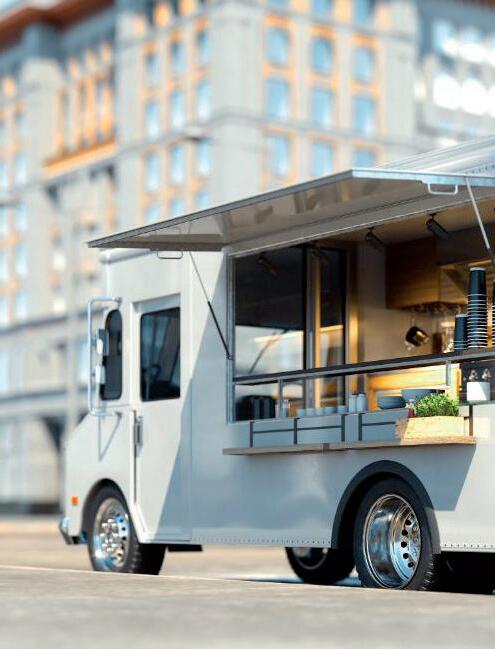
In this issue of Restaurant & Café magazine, we explored the vibrant food truck scene in New Zealand. Despite recent natural disasters and unpredictable weather, these mobile restaurants continue to thrive and serve their communities with their versatile and resilient nature. Come along with us as we delve into the stories of the talented and passionate individuals behind the wheel of these culinary gems, and discover the inspiration and hard work that went into bringing their mouthwatering creations to life.
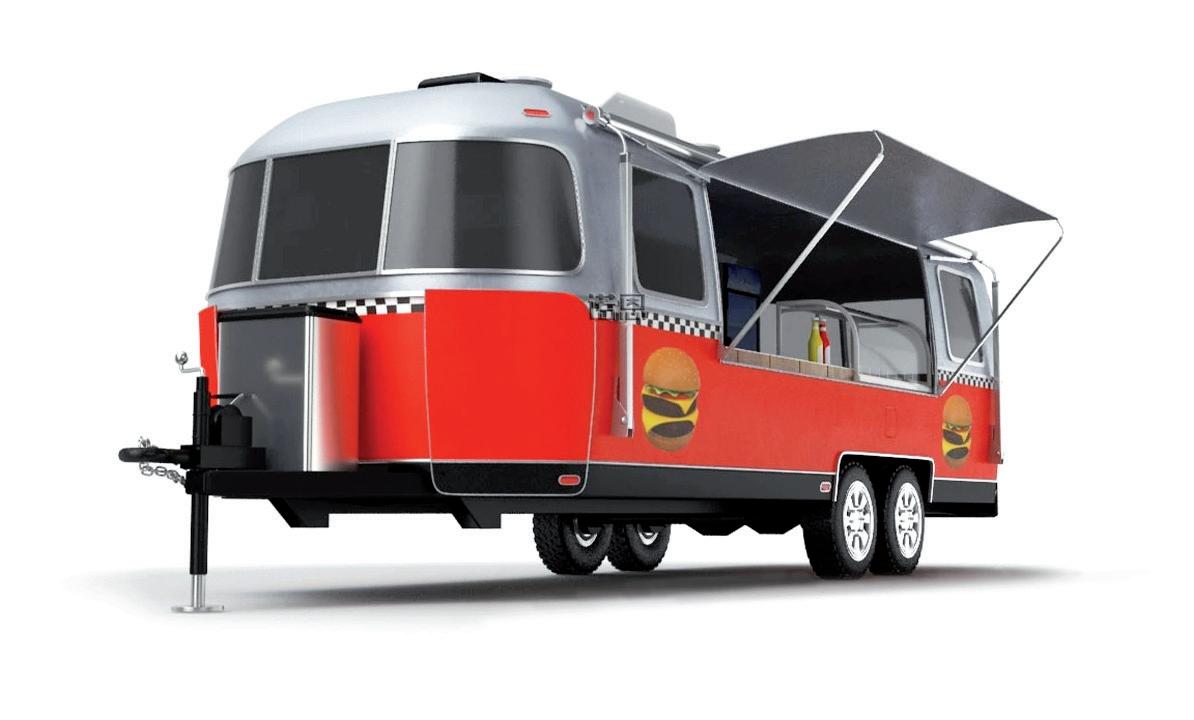





Claudia Reis, originally from Germany, decided to change course from working in the tourism industry and, after going redundant, lamented the prospect of starting her own food truck business. When she returned to Germany and noticed her inherent need for a fresh pretzel from many kiosks, she realised this German delicacy needed to improve in New Zealand.
retzels for me are intertwined with fond childhood memories; it was always such a treat as a kid to be handed a freshly baked warm brezel…,” ruminated Reis.
“Although pretzels could now be found in Auckland and throughout New Zealand, they didn’t taste like the real thing.”
Reis set herself the mission to introduce authentic-tasting pretzels for Kiwis to enjoy by going behind the scenes at bakeries in her hometown to encapsulate her nostalgic taste.
She purchased a vintage-style caravan and, with help from her son, in seven months, had it completely restored. The significant difficulty in the revamping was the placement of the oven. As for Reis, it was essential to have the centre stage to allow customers to view the pretzels baking to fulfil a more traditional feel. The caravan’s first debut was at the Grey Lynn Park festival and had mobile around many events in the Auckland region.

Reis prides herself
in her Brezel’s (the German spelling), to be baked fresh on-site with high-quality and locally sourced ingredients while keeping the simplicity of having them salted.
“The hero is the pretzel and its unique flavour; I do not want to overshadow it with many other sauces and condiments.”
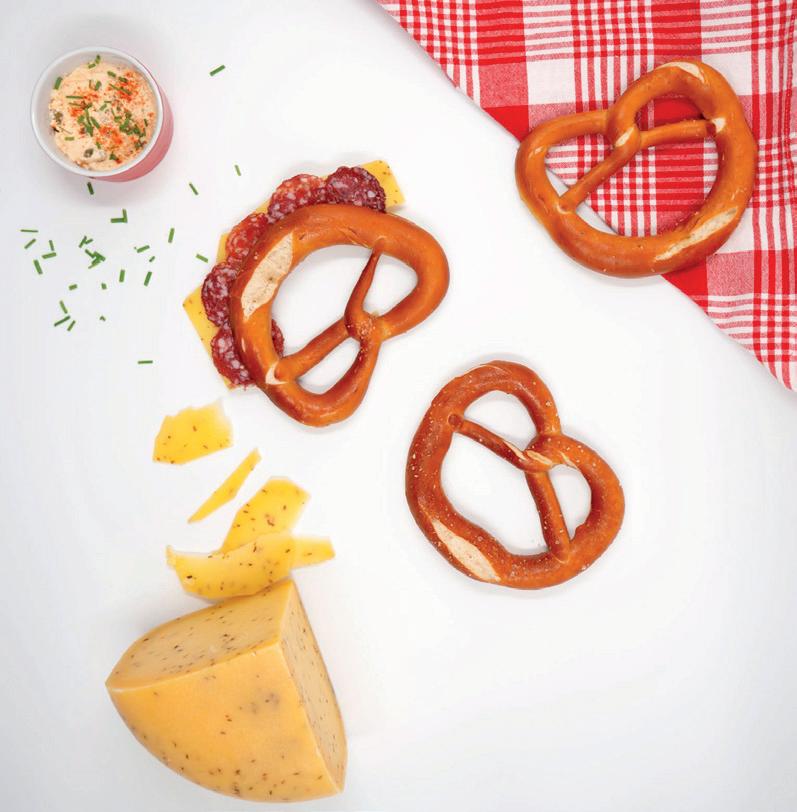
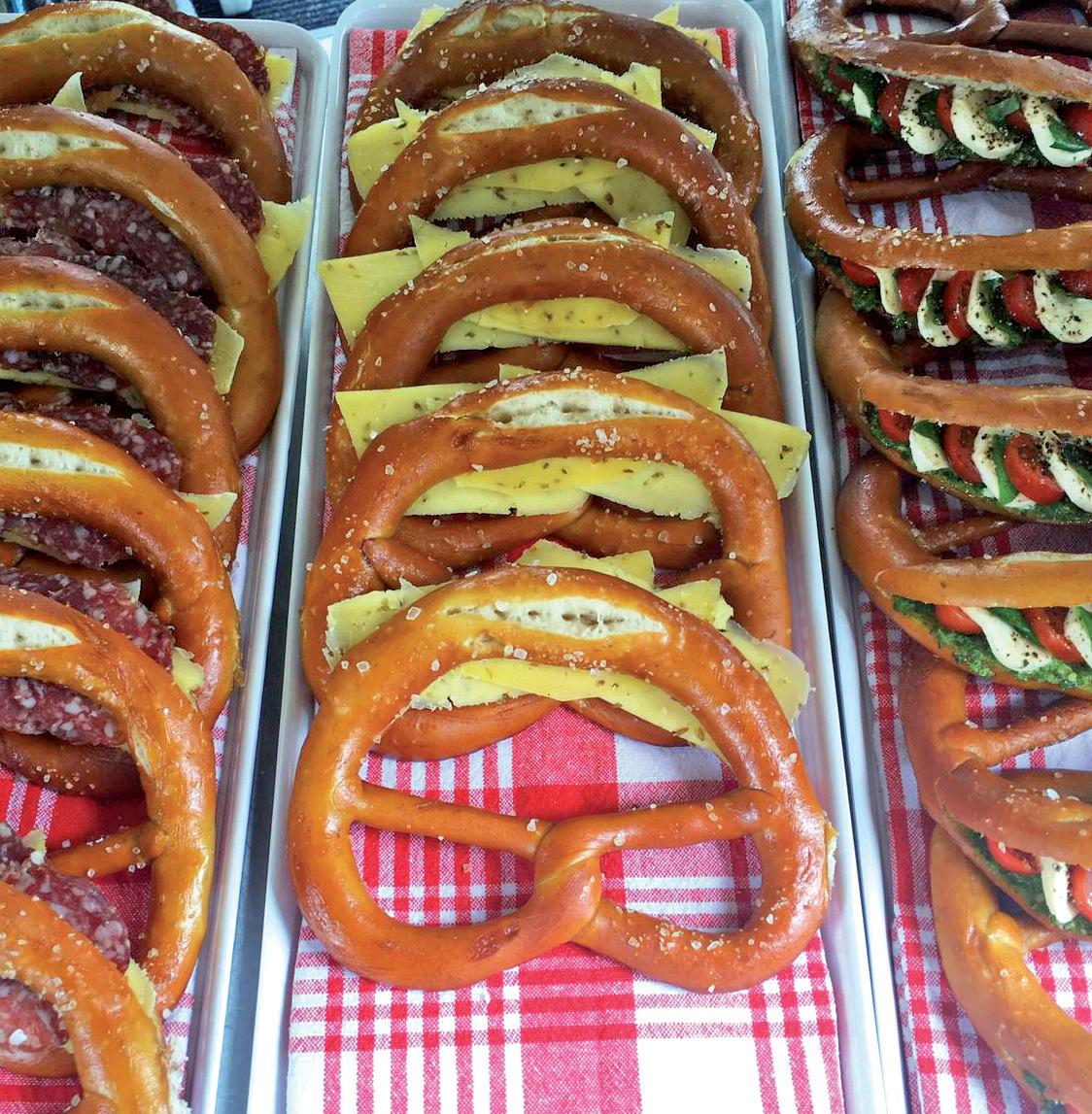
A traditional dip from her hometown in the Rhine, and German cakes, such as the baked cheesecake. The menu also includes filled Brezel, the most popular being the Italian Combo, a savoury blend of pesto, bocconcini, tomato, and basil. The truck also takes on a zero-waste approach by using any left-over Brezel, either turned into breadcrumbs and Brezel loaves or filled into pies, quiches or salads.
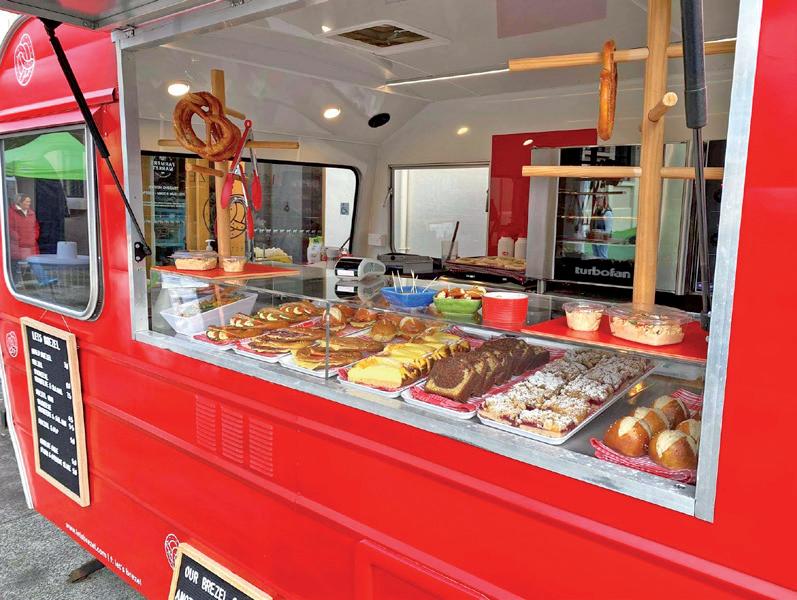
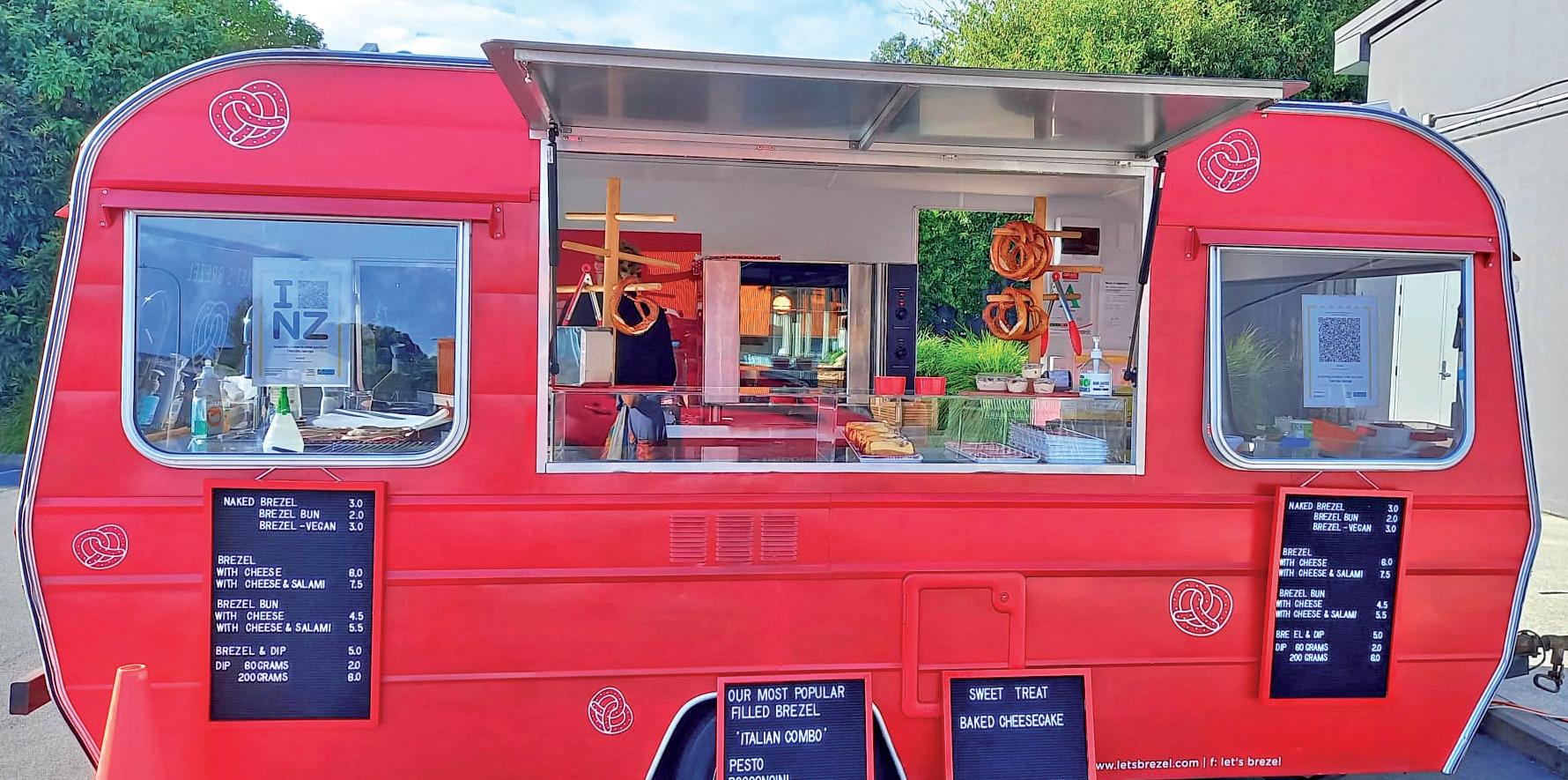
Reis has dedicated herself to her business and feels rewarded for sharing a nostalgic product, despite the industry’s unpredictability.
“We recently did a corporate event with a pre-order of 800 pretzels; since our Brezel are handmade, that sure meant a lot of dough, twisting and slinging!”
Roam Food Caravan is a food truck like no other. The result of a chef and hospitality expert duo who are big on travelling has devised a mobile catering service that dishes up at any event on the North Island.
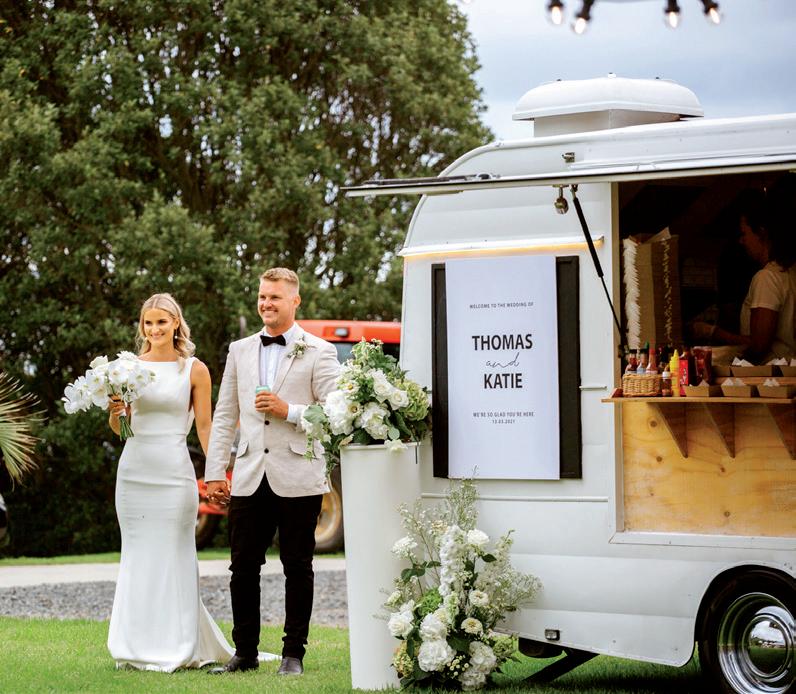

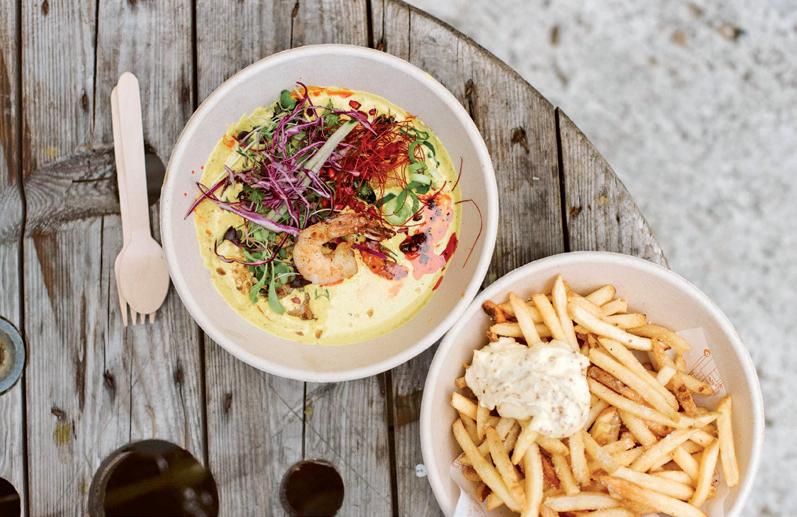
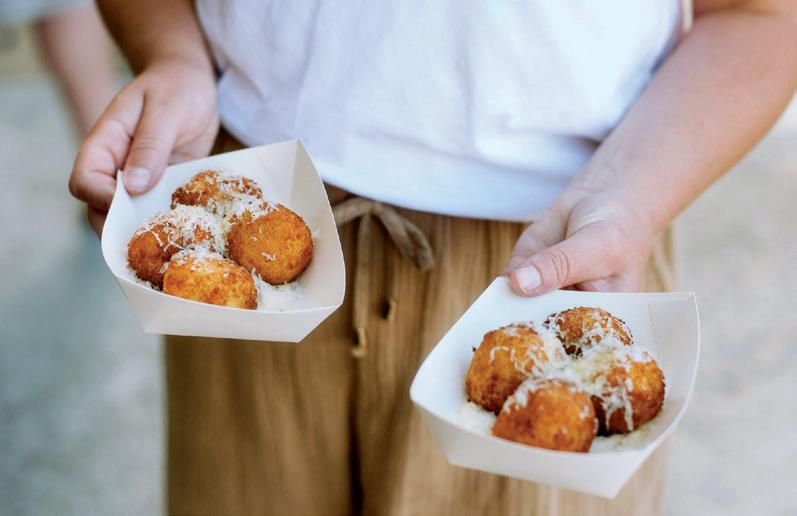
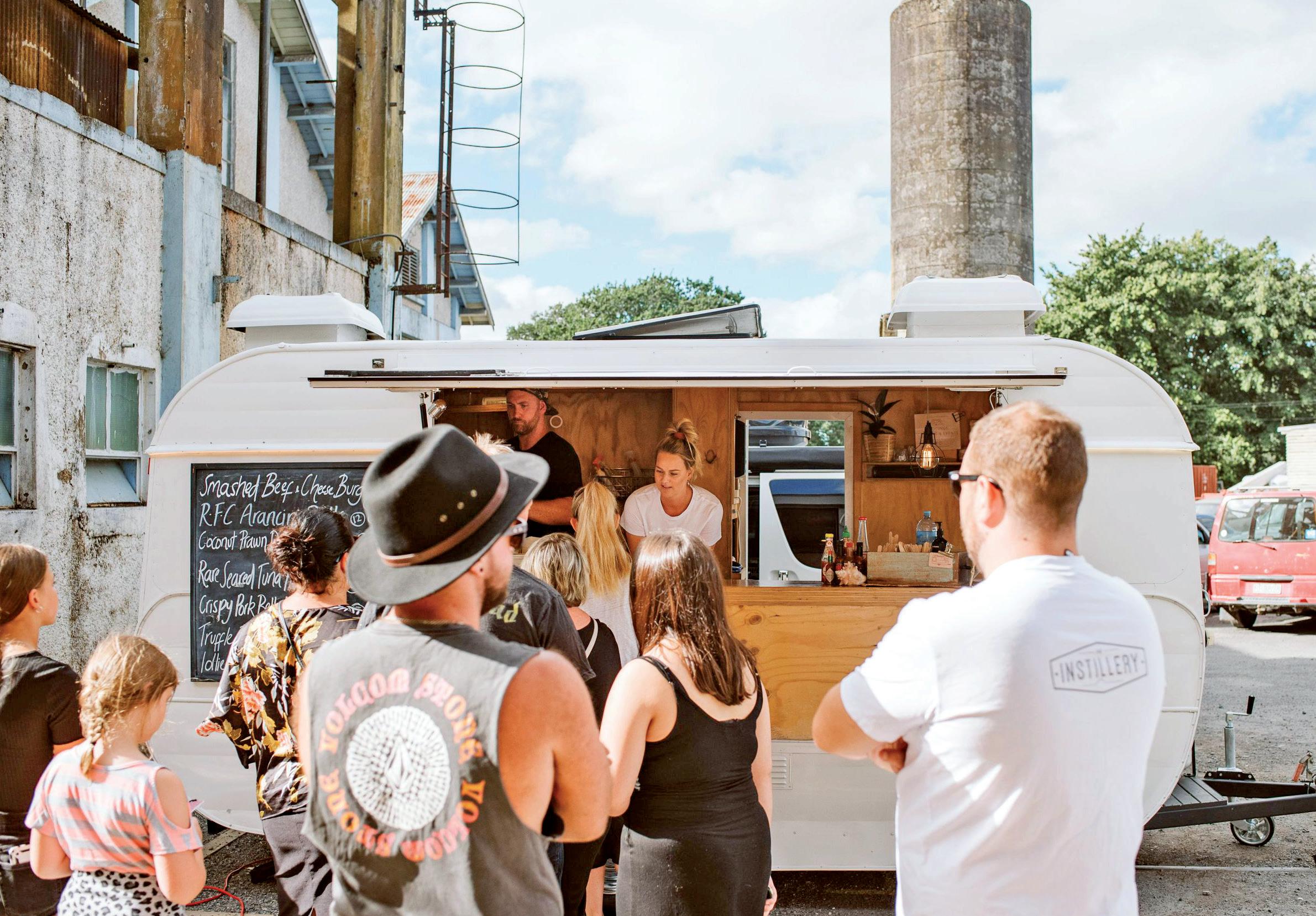
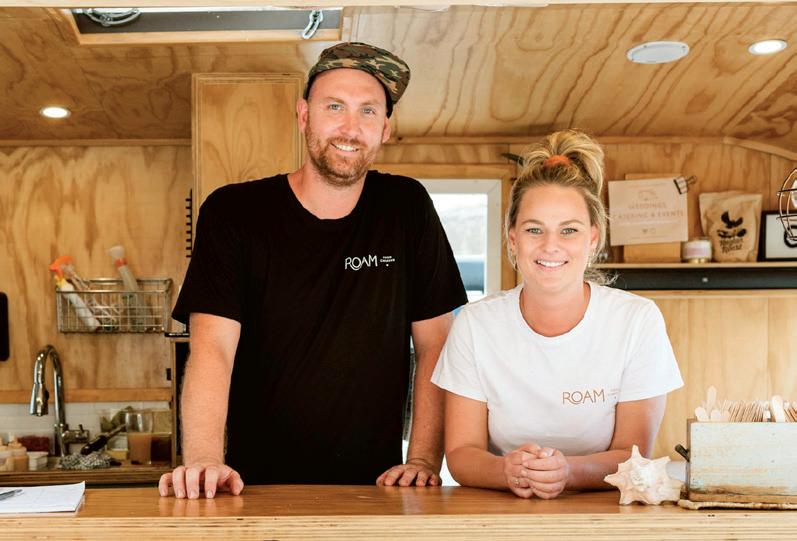
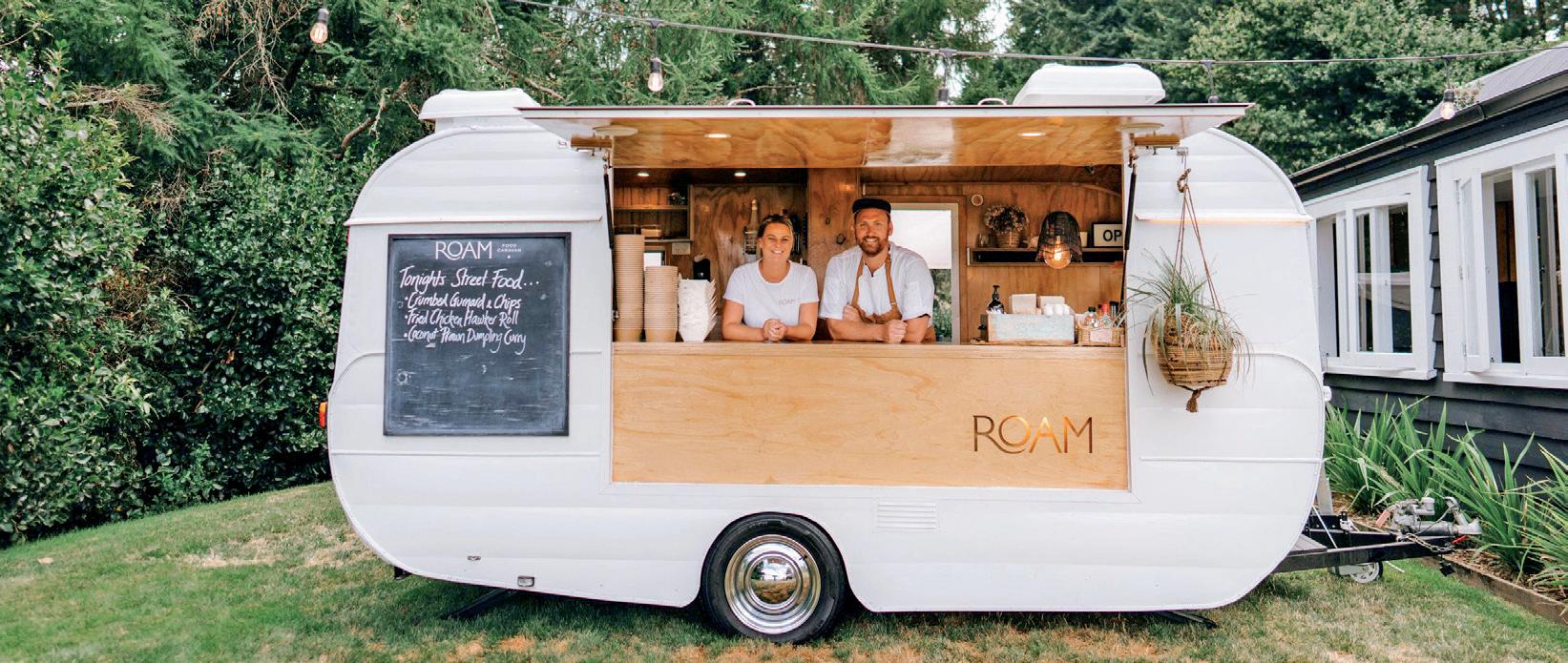
They pride themselves in the fact that their occupation enhances their chosen lifestyle.After returning from their overseas experience, Cam and Linda came across an old caravan to restore as a humble side project. Little did they know this would become their accomplishing escapade in the world of food and travel.
Cam was formally a chef, and Linda had her fair share in hospitality and travel, making them the perfect pair for this business venture. “It took a solid year for Cam and his Grandad to restore the caravan,” explained Linda. “Before we started to book weekend events between our full-time jobs, it just took off. By creating something mobile, it allowed us to have more freedom while combining the things we love, food and travel.”

The food and travel combo has continued beyond there. Roam Food Caravan serves curated street food cuisine, including their
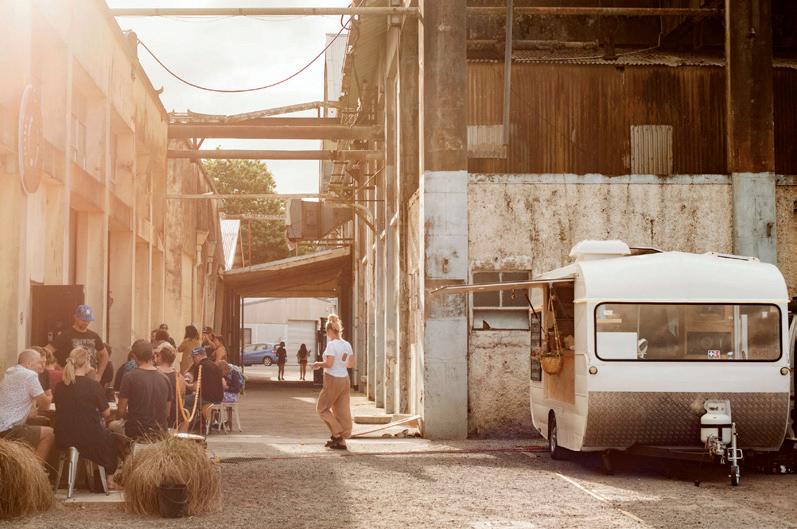
Caravan Bar, which is fitted to the customer’s preference—influenced by the diverse flavours they have experienced during their travels. They are roaming their caravan to events, such as breweries, festivals and weddings.
“We’re not trying to be anything fancy. We simply cook food that we’d love to eat. Our menus are usually tailored to suit the occasion, whether it’s an event, brewery park up or wedding.” Despite the efforts with staff, food and supply shortages, Linda and Cam have set themselves up with flexibility and work the caravan comfortably in cohesion with their lifestyle. Rather than setting up plans to start a restaurant, they will pursue more travelling. They indulge in the easement Roam Food Caravan provides and are content with their achievements.


“We’re pretty happy with how things are going. We love the freedom that the caravan allows us to have.”

Sherley and Jarrod Galbraith have been serving an Indonesian and Kiwi fusion of street food in their locality of Hastings. The Indonesian and Kiwi family-run food truck Indolicious, is not only plating up hand-made dishes of a blended cultural experience but is carrying an altruistic stance in giving back to Indonesian organisations and clergy.
“Jarrod and I decided to expand my passion for sharing Indonesian cooking with the wider community by having a food truck. The other main reason for us to have a food truck business is to create extra income to support some nonprofit organisations and pastors living in the remote areas of Indonesia.”
The rise in food trucks has been prominent, especially in the Hawkes Bay region, with Indolicious delivering a menu of Indonesian rissoles, fried chicken, charcoal BBQ chicken kebabs, pulled pork, spiced braised jackfruit, and specialty sauces of chilli mayo, peanut sauce and the infamous rendang. Each food is authentically handmade from scratch, providing
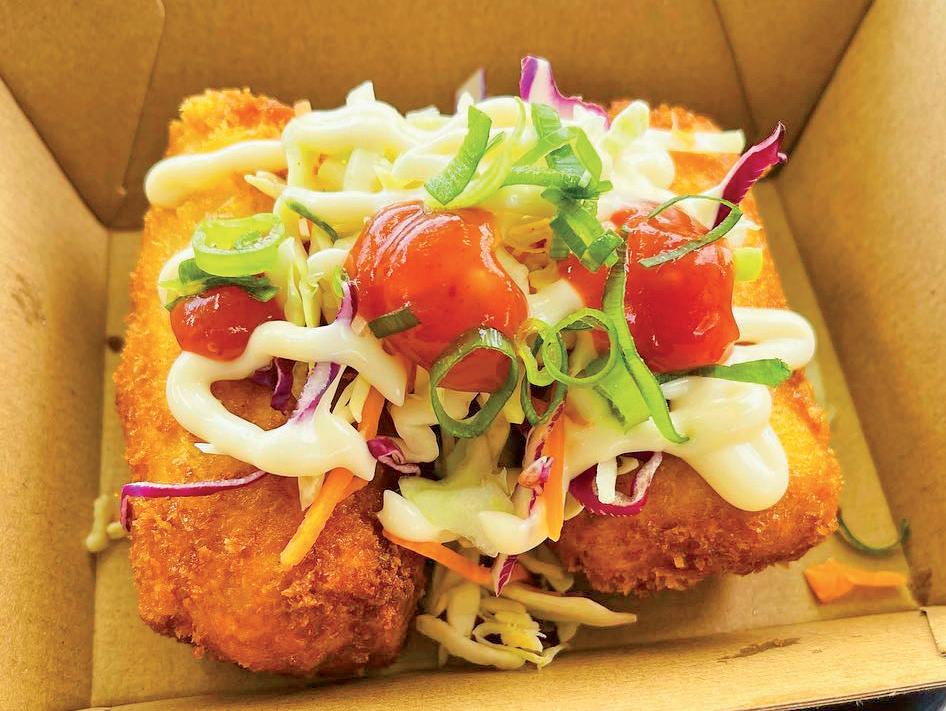
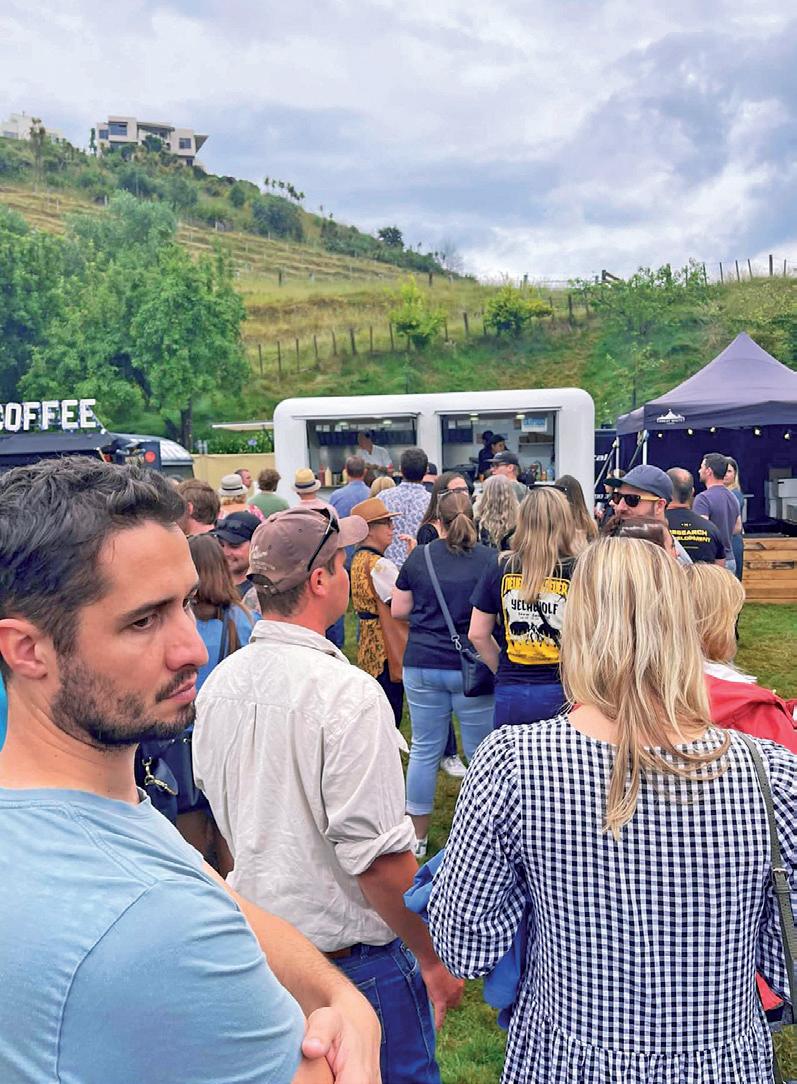
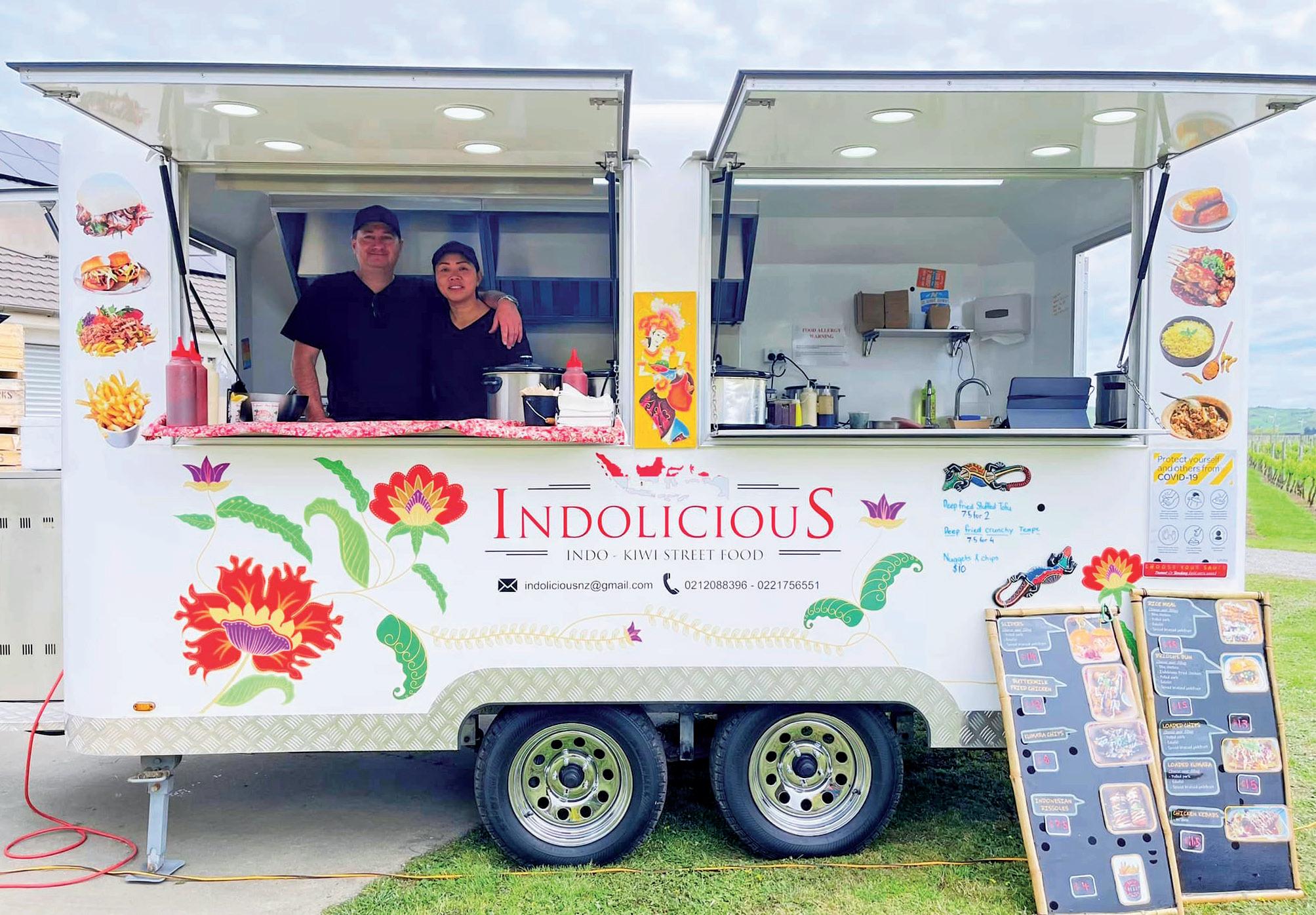

a legitimate street food feel.
The Galbraith family business, like many, has experienced challenges in the uncertain climate of escalating production costs.
“Some products are difficult to get now depending on availability or import issues. In the last few years, there has also been an increase in food trailer vendors, which makes for a competitive market to provide a unique, tasteful experience that will entice the customer to return.”
The duo are driven by their love and success of the business, where all the hard work pays off when you have the payback of “positive and encouraging feedback from customers, and the opportunity to represent your culture through
your food to the community.”
The Galbraiths aspire to continue to be ambassadors of the Indonesian cuisine in Hawkes Bay and to pursue their mission to assist non-profit organisations and charities in Indonesia.
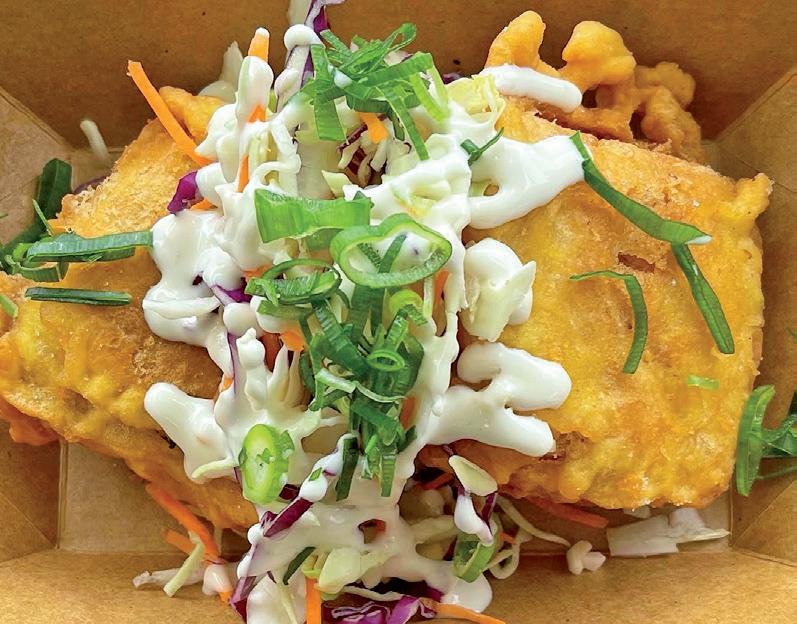

After a 20-year teaching career, Tim and Annie Lucas decided to venture into the food industry with their food truck business, Churros Olé! Switching the working week for the weekends, the duo has not looked back.

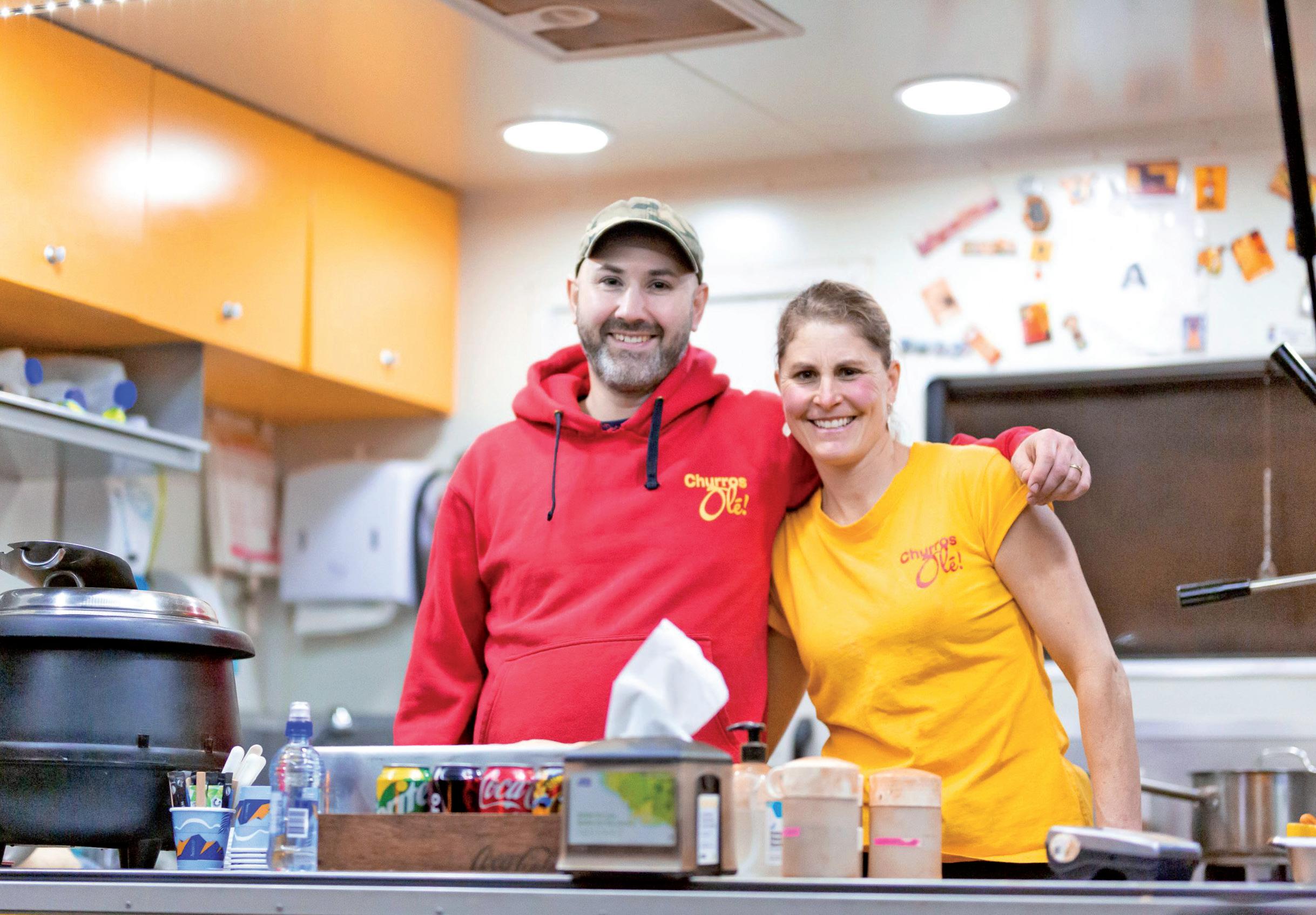
The owners pride themselves on a menu of simplicity.
“Every culture has these fantastic little culinary gems, the good, simple, honest food of the people, and for the Spanish, it’s churros,” explained Lucas.
Churros, which date back to the 13th century, with their textural juxtaposition of crispness and chew, have become a modern treat to New Zealanders.
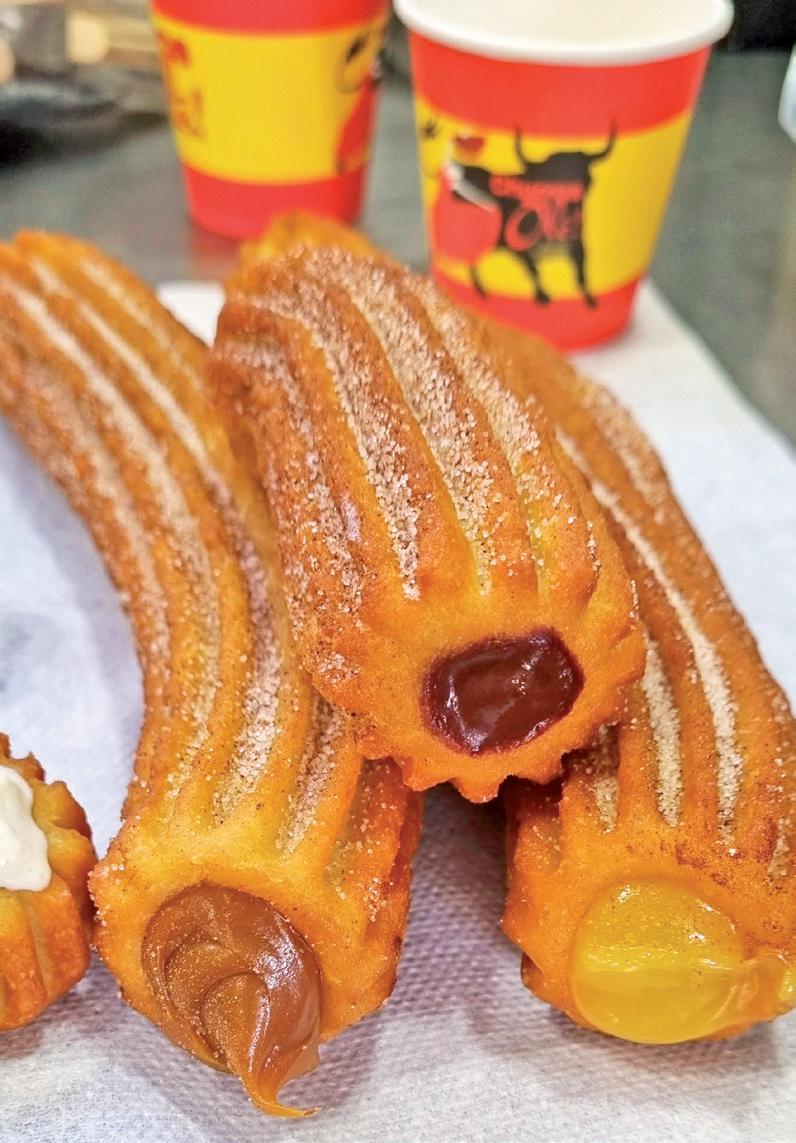
However, it is not prevalent that traditional churros are dipped in hot chocolate. At Churros Olé! you can expect to find their signature velvety Spanish Drinking Chocolate or Dulce de Leche.
If that’s not enough to excite you, the truck takes advantage of Otago’s regional produce. Depending on the season, it provides a new flavour of dipping sauce to accompany the churros, such as the Summer Raspberry Sauce, which has become an addition to the menu after its popularity.

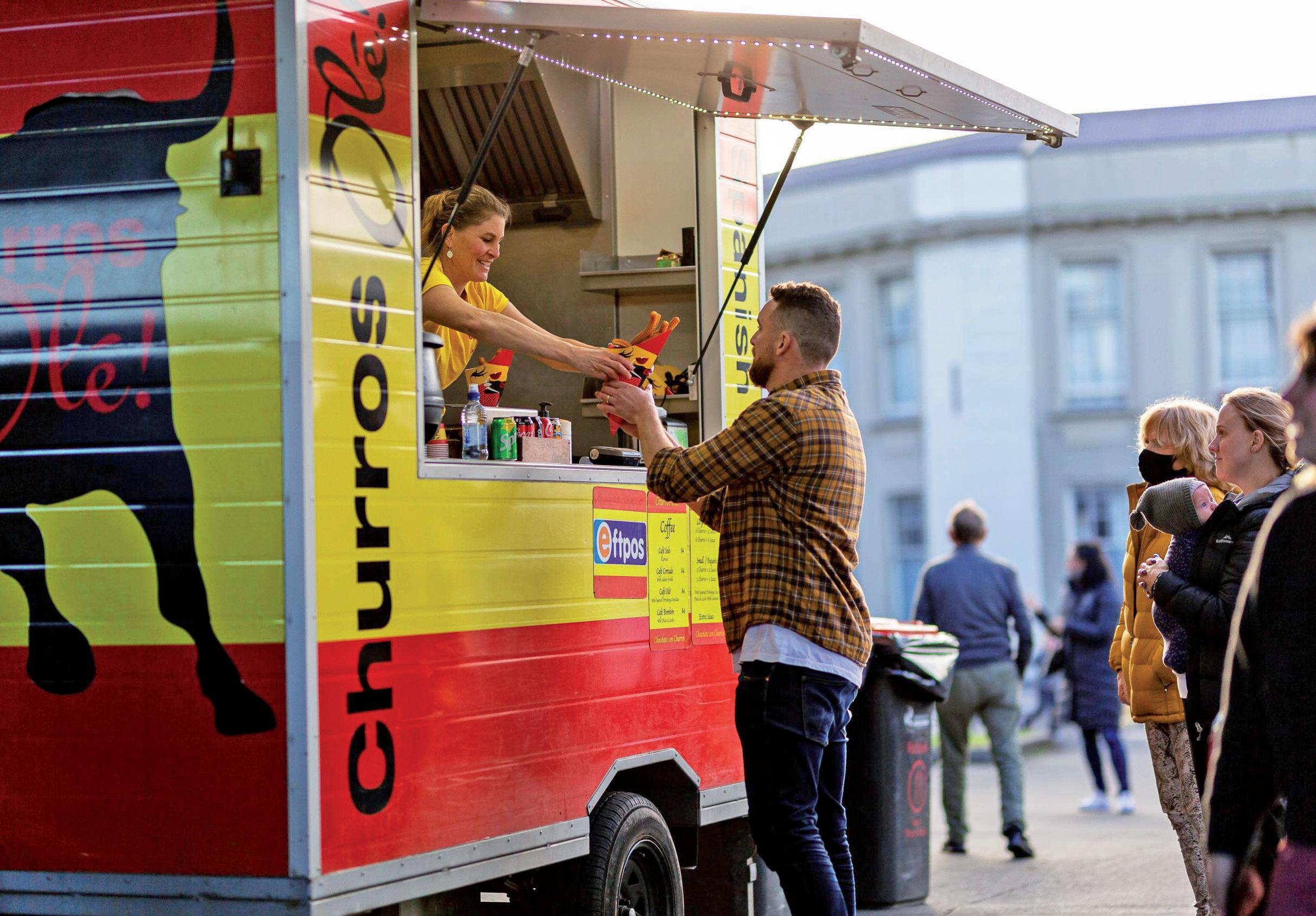
Churros Olé! tend to move on all sides of Canterbury, Central Otago and Southland regions. Being Dunedin found and operated, they can be found at the Otago Museum during the week or at the beach on weekends.
“We are excited by the many opportunities
opening up to us, and we look forward to expanding more permanently to other regions.”




Born and raised in Hawke’s Bay, Shani Ehlers began his first job in hospitality at 13 and never looked back. After spending two years working in Auckland, he met his life and business partner Snedden and, after that, moved out to start their own business in Hawke’s Bay. After launching their restaurant, they began to notice a trend of travellers enjoying events, concerts, and gigs where food trucks were a staple – and they were inspired.
“We decided that being sitting ducks and waiting for the business to come to us wasn’t our style and that instead we needed to figure out how to take our food and services to the people.”
With four food trucks operating in Hawke’s Bay, Ehler and Snedden offer simple food, cooked well and “served with a smile.” Their menu includes ribs, steaks, burgers, chicken wings, curly fries, and more. Preparing everything themselves, all food is pressed and curated daily with fresh meat.

One of the most significant challenges they’ve faced so far has been Covid, which changed their business outlook. Living by alert levels and changing to takeaways in their restaurant, Ehler and Snedden seized the opportunity to pivot their business and go into food trucking.
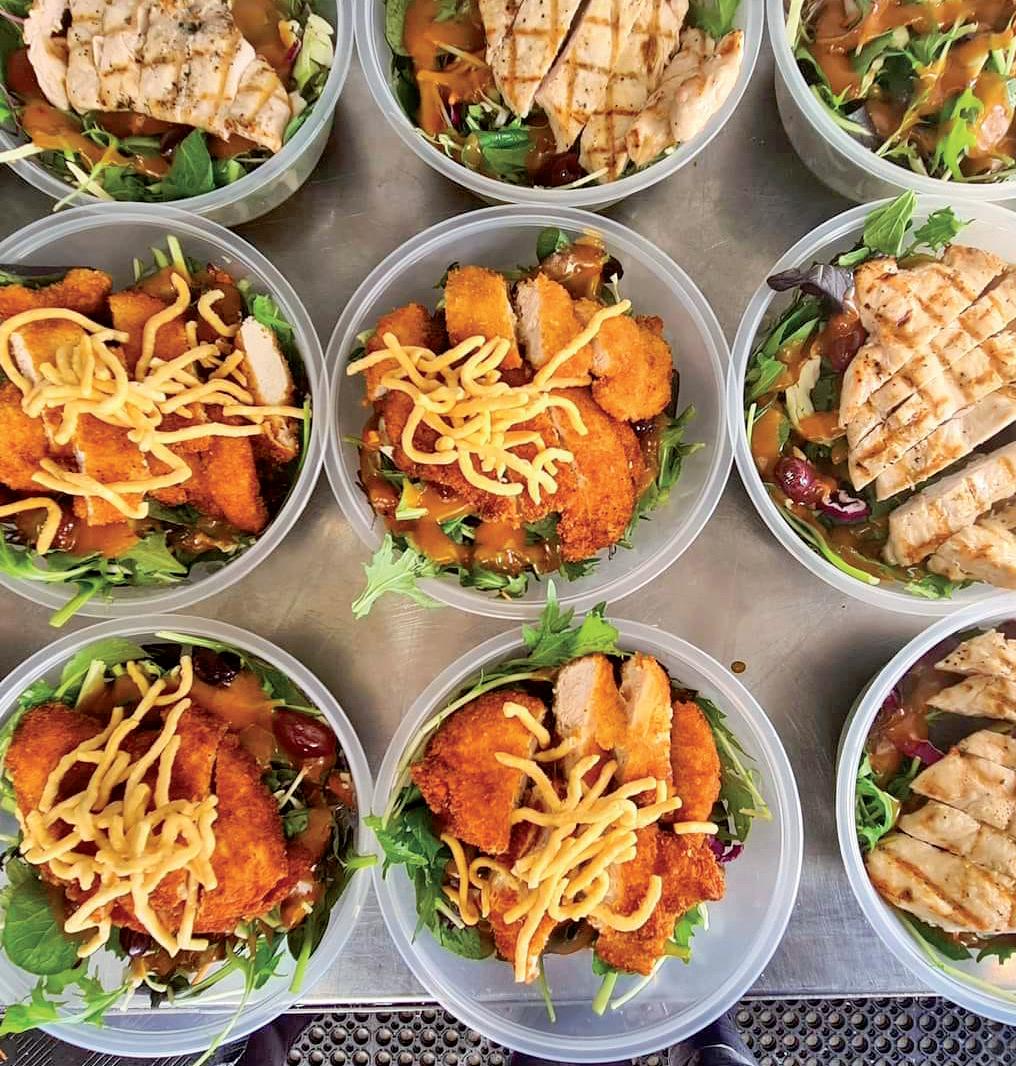

“We found long-term sites in Napier CBD and Mahora, Hastings, where a truck could park and serve as a takeaway. This was a big hit, and the demand didn’t seem to stop once the threat of covid19 no longer shut down the country.”
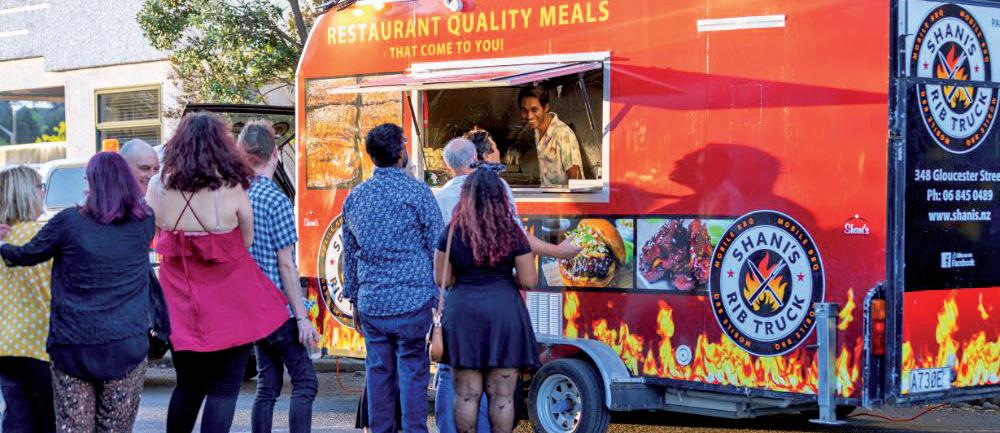
Challenges do not relent as the threat of inflation increases. Ehler understands these “hard knock” facts for hospitality businesses as
they grapple with increasing food prices and maintaining margins. Tackling new challenges as they come, Ehler and Snedden have goals to find equilibrium in their world-life balance, especially concerning their three-month-old daughter.
For others wanting to go into food trucking, Ehler encourages those to create a solid business plan, identify possible obstacles, and ensure hospitality brings joy. “A tight-knit team, social gratification, boisterous work environment and undeniable romance of running your own business can make it all worthwhile.”

Chilean chef, Ricardo Hormazabal, has worked in the culinary world for over 25 years, from prestigious restaurants, including Melbourne’s Simply Spanish, to function centres all over Australia.
After experiencing the food truck scene boom in Melbourne, Hormazabal was curious to explore New Zealand’s food truck offerings. He soon noticed that there was a lack of Spanish and Latin American cuisine, prompting him to open his own food truck, CHIWI in 2017.
CHIWI specialises in highlighting Spanish and Latin American flavours, serving up Spanish paellas, tapas, and churros. The food truck features a custom built commercial

kitchen,
Although CHIWI is based in New Plymouth, the food truck can be found catering at big festivals, markets and private events across New Zealand.
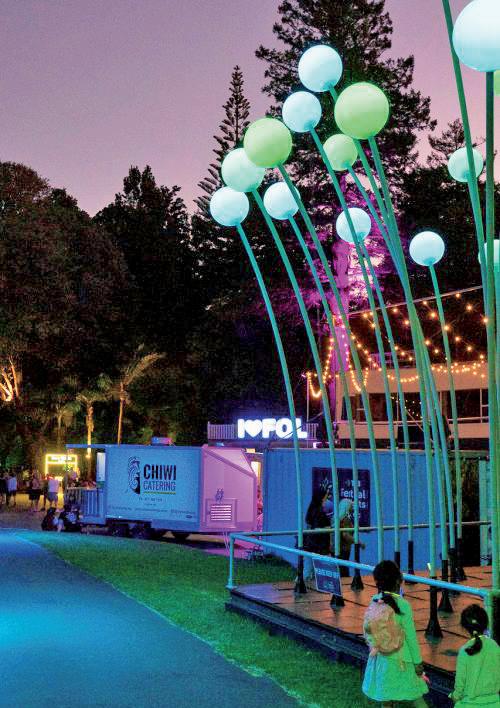
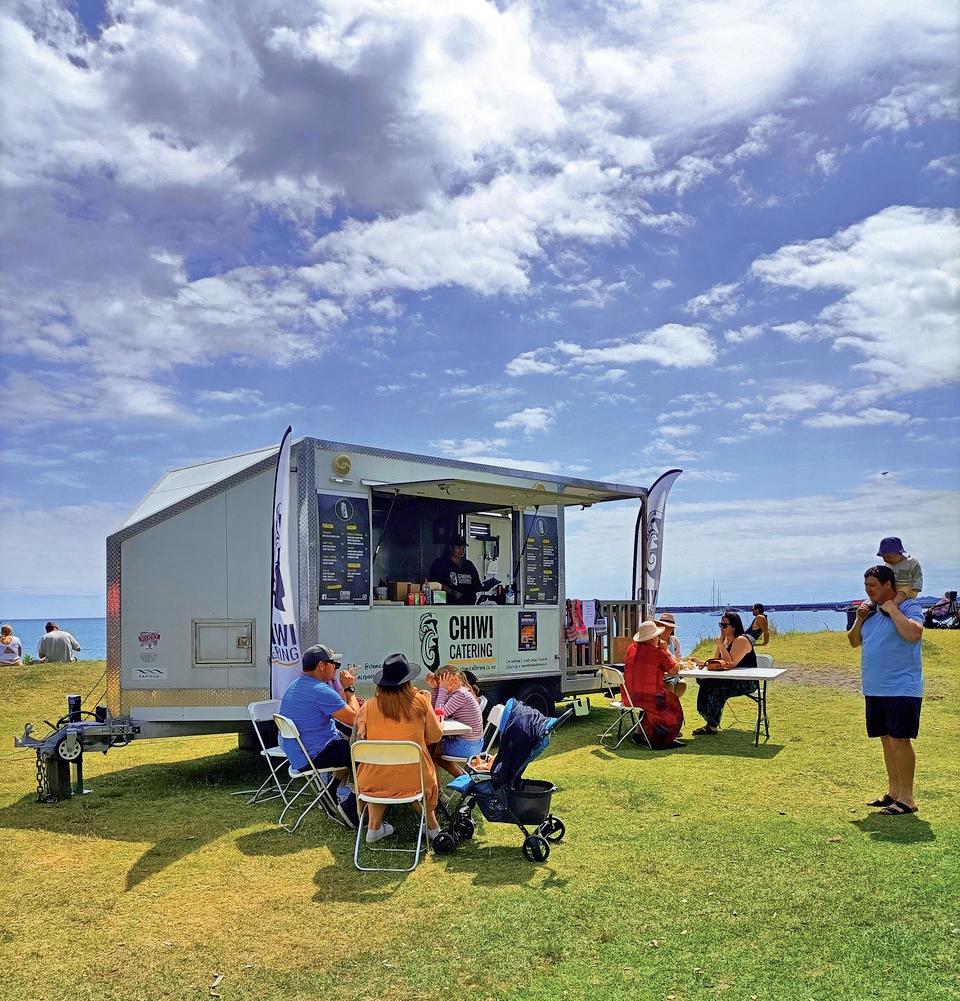
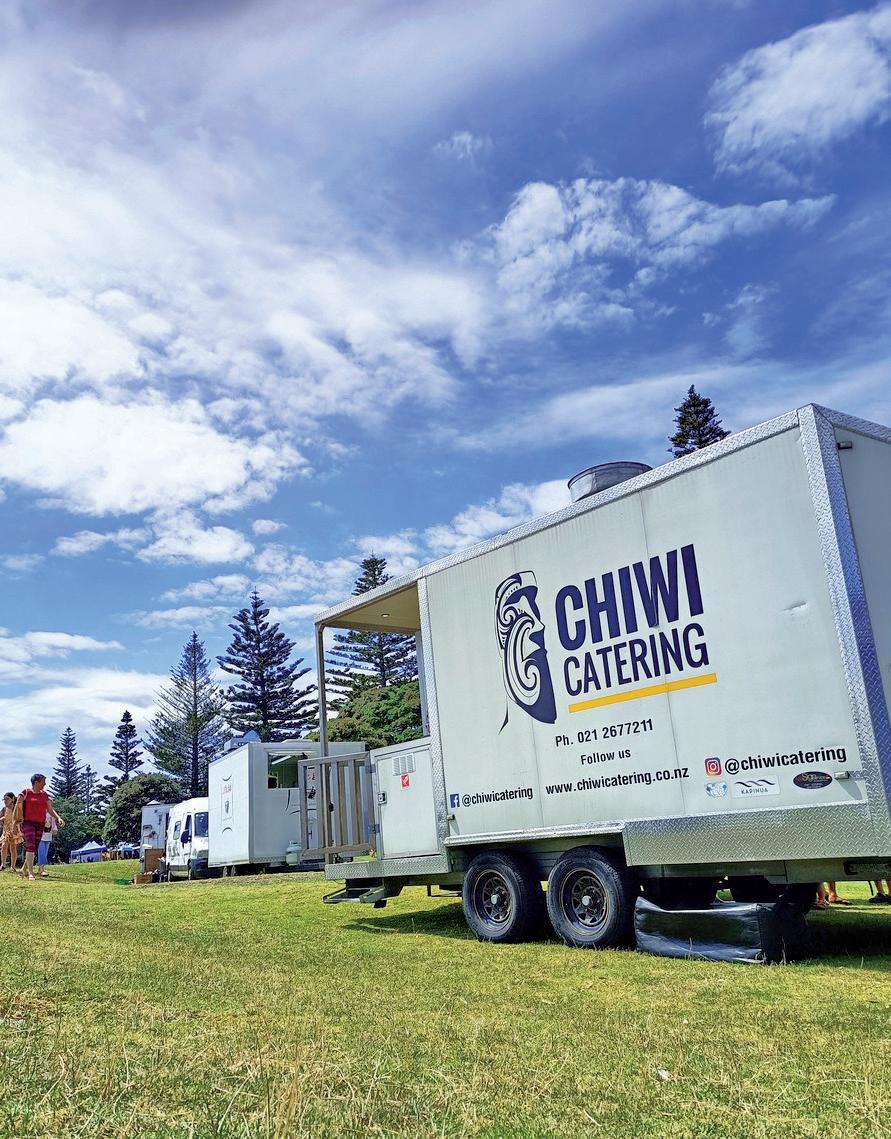
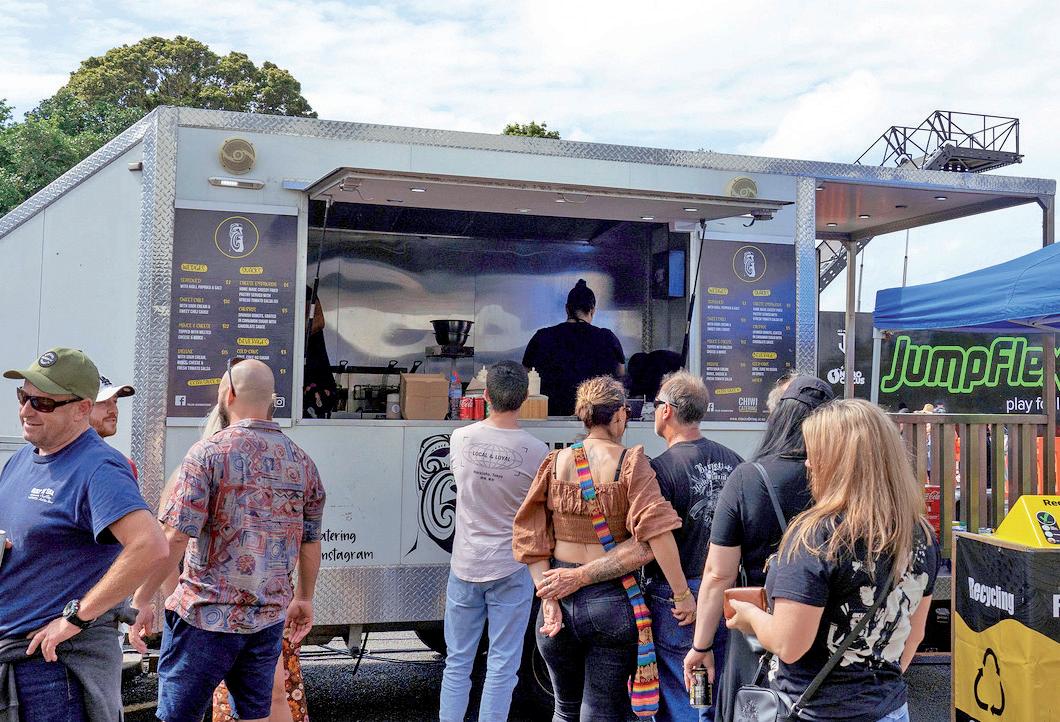
His advice for anyone looking to open a food truck is to be prepared to work hard.
“There are long hours and lots of



organisation. Weather plays a very big part in our industry. Staff training and health and safety is important.”
Looking forward, Hormazabal hopes to host a Spanish festival in Taranaki that celebrates food, beverages, music and dancing. He plans to continue to keep hosting his masterclasses, where he teaches locals how to cook paella and make sangria.
“Maybe I’ll even throw in a salsa class to make it real exciting.”

Owner and Chief Blender of Smoothe Operator, Adam Jackson, was first inspired to open his own food truck during a hungover morning at one of New Zealand’s largest music festivals. While walking around the festival, Jackson noticed that the only beverage offerings were pricey cups of coffee and L&P. Craving something more refreshing and healthy, he left feeling inspired to start his own smoothie and juice food truck.
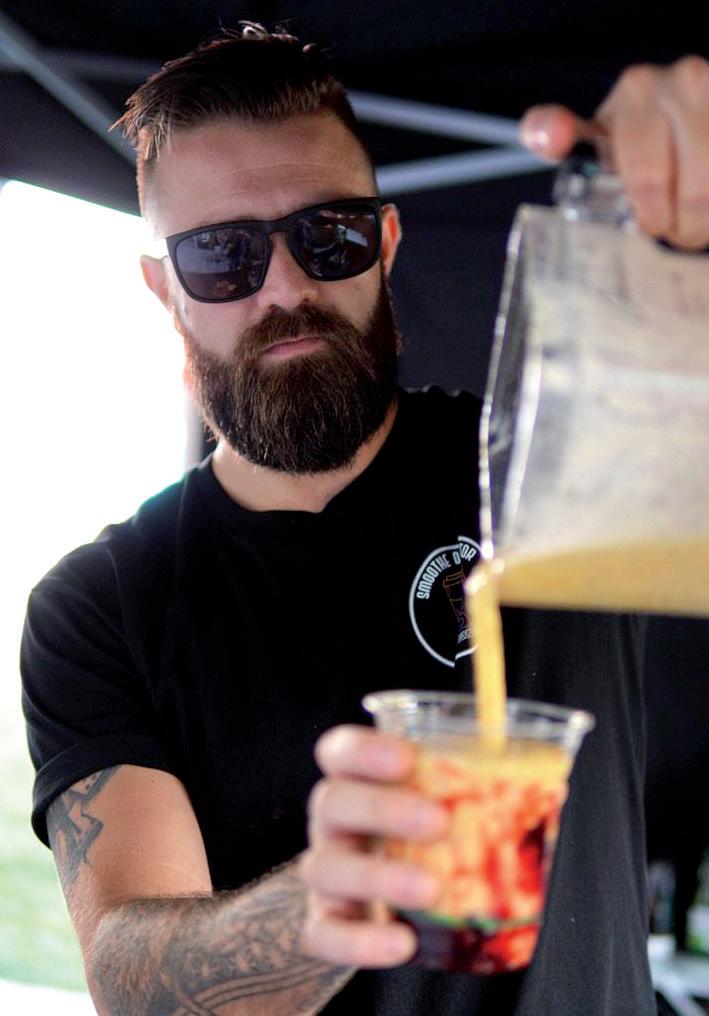
Opening in 2022, Smoothe Operator serves cocktail-inspired smoothies and juices. Jackson’s first real creation was the “Ave ‘a Colada”, a pineapple, banana and coconut smoothie that captured the flavours of the classic Pina Colada cocktail.
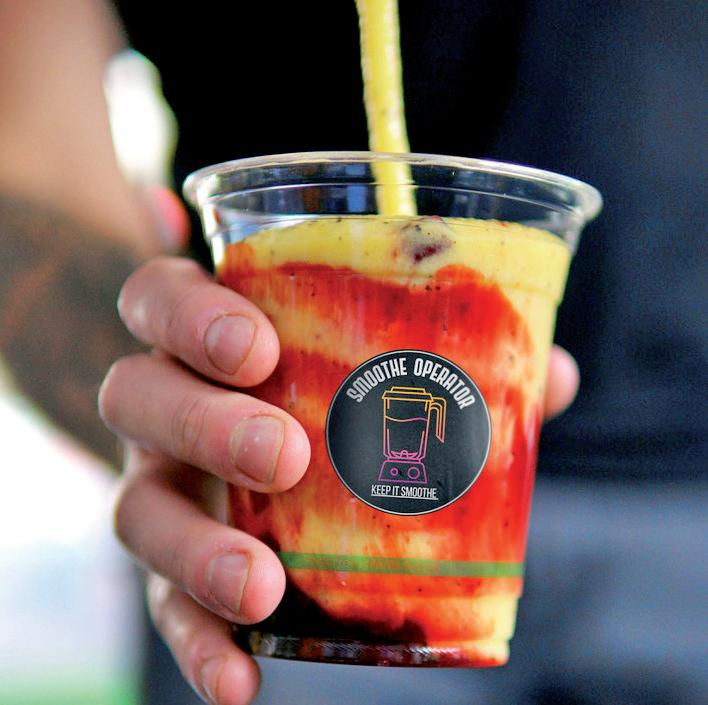
Since then, he has created other smoothies modelled off other popular cocktails, including the “Daiq to the Future”, a strawberry and guava smoothie inspired by a strawberry daiquiri, and the “Espresso Smoothtini”, a morning pick-me-up blend of cold brew coffee, almond butter, banana, maple syrup and dates.
Jackson is currently expanding Smoothe Operator’s menu to include breakfast food items. This year he has introduced french toast breakfast sticks, which come with sweet and savoury fillings like crispy bacon and colby jack cheese, or almond butter and strawberry jam.
After undertaking a couple of evening pop-up events, Jackson has also begun adding shots into his smoothies, turning Smoothe Operator’s drinks from cocktail-inspired to full-blown cocktails.

The biggest challenge facing Jackson is encouraging people to venture out and attend events.
“The post-Covid world is an interesting one. It has created a reason for folks not to venture out as much. Street food is one of the greatest things we can share right now and people like the Food Truck Collective are doing an awesome job of keeping this going. We just need Kiwis to get out there and see all we have to offer,” noted Jackson.
Operating at Britomart Market every Saturday morning, he hopes to continue to develop and grow the Smoothe Operator brand by operating at more festivals and events over the summer and spring seasons. Plans for exciting product development are currently underway, which will be revealed later during the year.
Jackson’s top tip for those interested in opening a food truck is to find your point of difference.”Don’t be afraid to stand out and offer something new. It will be a slow burn, but it’s worth it in the end.”
Luke Gardiner and Mitin Wong started their business after they were forced to leave Melbourne during the 2020 lockdown. Finally deciding to take the reins in food trucking, they brought all of their experience and passion for seafood to life.
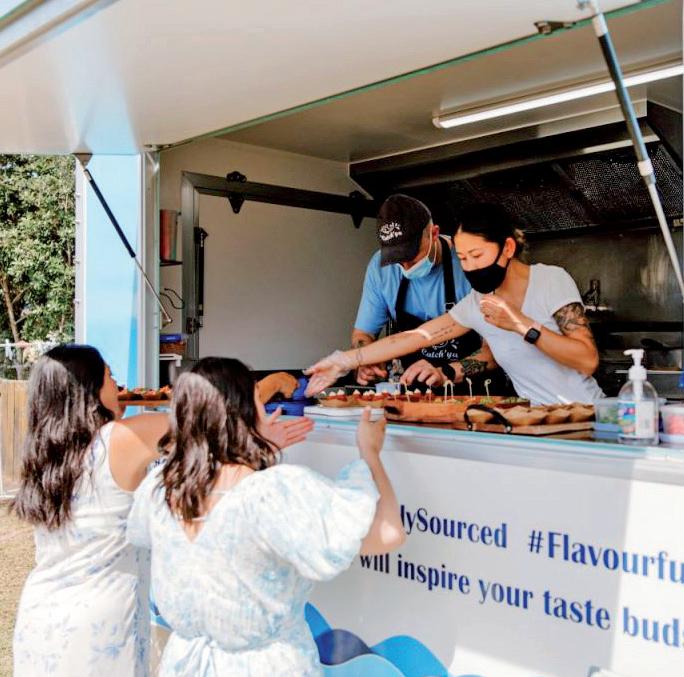
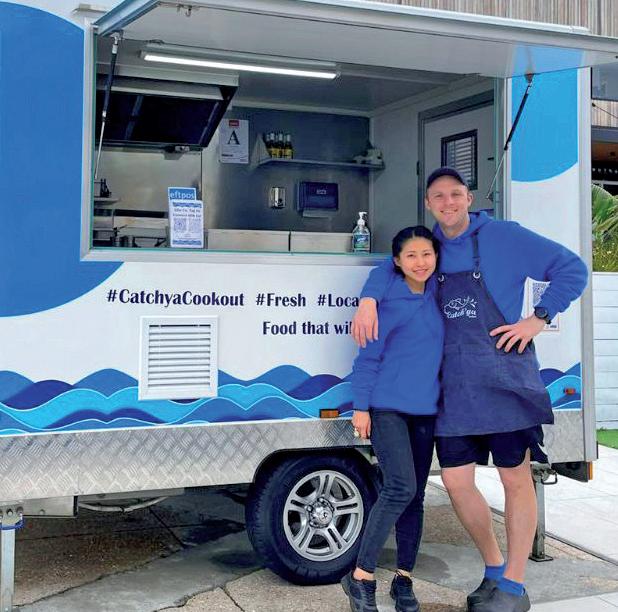
Their inspiration came after catching up with a local fisherman friend. They discussed the amazing seafood found in New Zealand, yet it was difficult to find authentically good fish and chips in Auckland. Collectively with 16 years of experience, Gardiner and Wong created ‘Catch’ya Cookout,’ offering the freshest, locally sourced seafood.
“Our menu is focused on making the most of New Zealand seafood and produce with all of our ingredients bought locally to support other Kiwi businesses,” they explained.Sharing their knowledge and love for seafood is at the heart of their business. Gardiner and Wong plan to partner with Scott Seafood (their fresh fish supplier) to create “Fish of the Month,”

teaching people how to fillet and best cook NZ fish. Customers can find recipes they publish monthly on their website, teaching customers how to utilise beautiful NZ seafood and create easy and yummy dishes.Plans for the future include focusing on sustainability and expanding the business to create work and employment for staff. Gardiner and Wong continuously aim to improve their methods without compromising their quality, especially in battling the rising food cost.
Their mission at Cacth’ya Cookout is to bring the tastiest seafood to the streets of Auckland, including some of their signature dishes, ‘Beer Battered Fish and Chips,’ ‘Fish Tacos,’ and ‘Ceviche.’
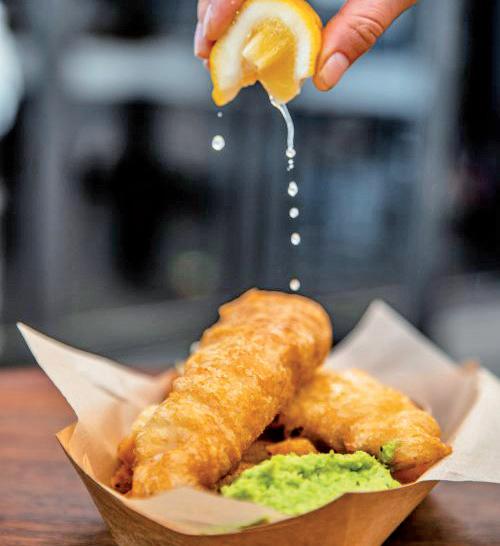
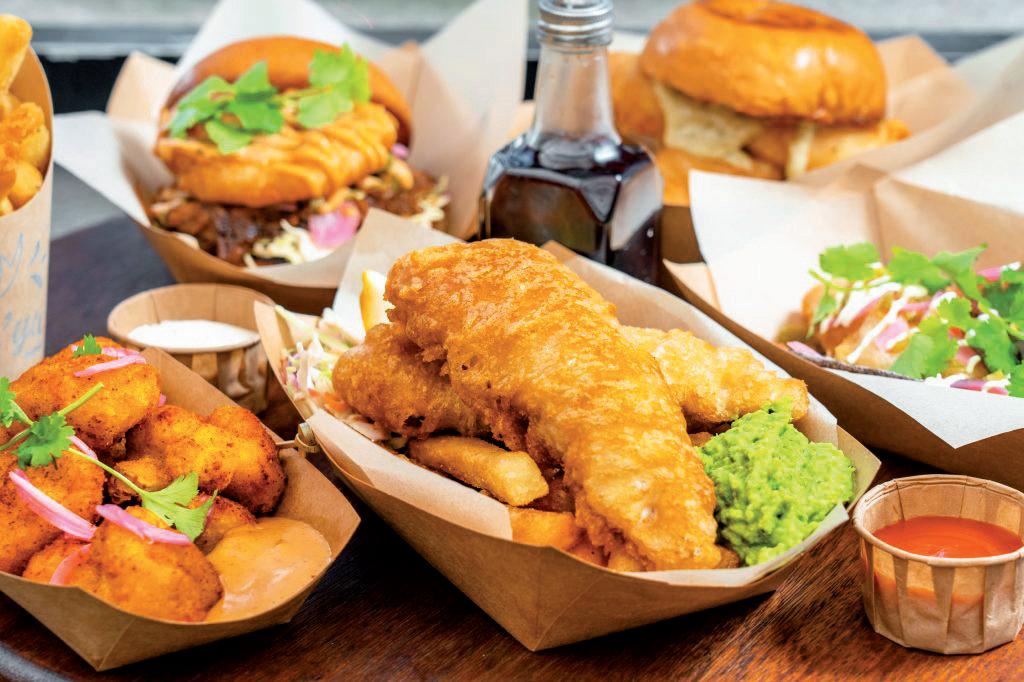


For anyone looking to get into food trucking, Gardiner and Wong advise getting organised, working smart, and not being afraid to spend money on social media and being a good accountant.




“We took our passion for seafood and years of cooking and hospitality experience to create something different.”
Growing up in Japan, Akemi Obata cherishes her memories making mouthwatering pork gyoza with her grandmother.
After moving to New Zealand in 2009, she had a difficult time finding work due to her limited English ability. Determined to make a living, Obata noticed that there was a gap in the food market for Japanese dumplings.
In 2015, the food truck Akemi’s Gyoza was launched.

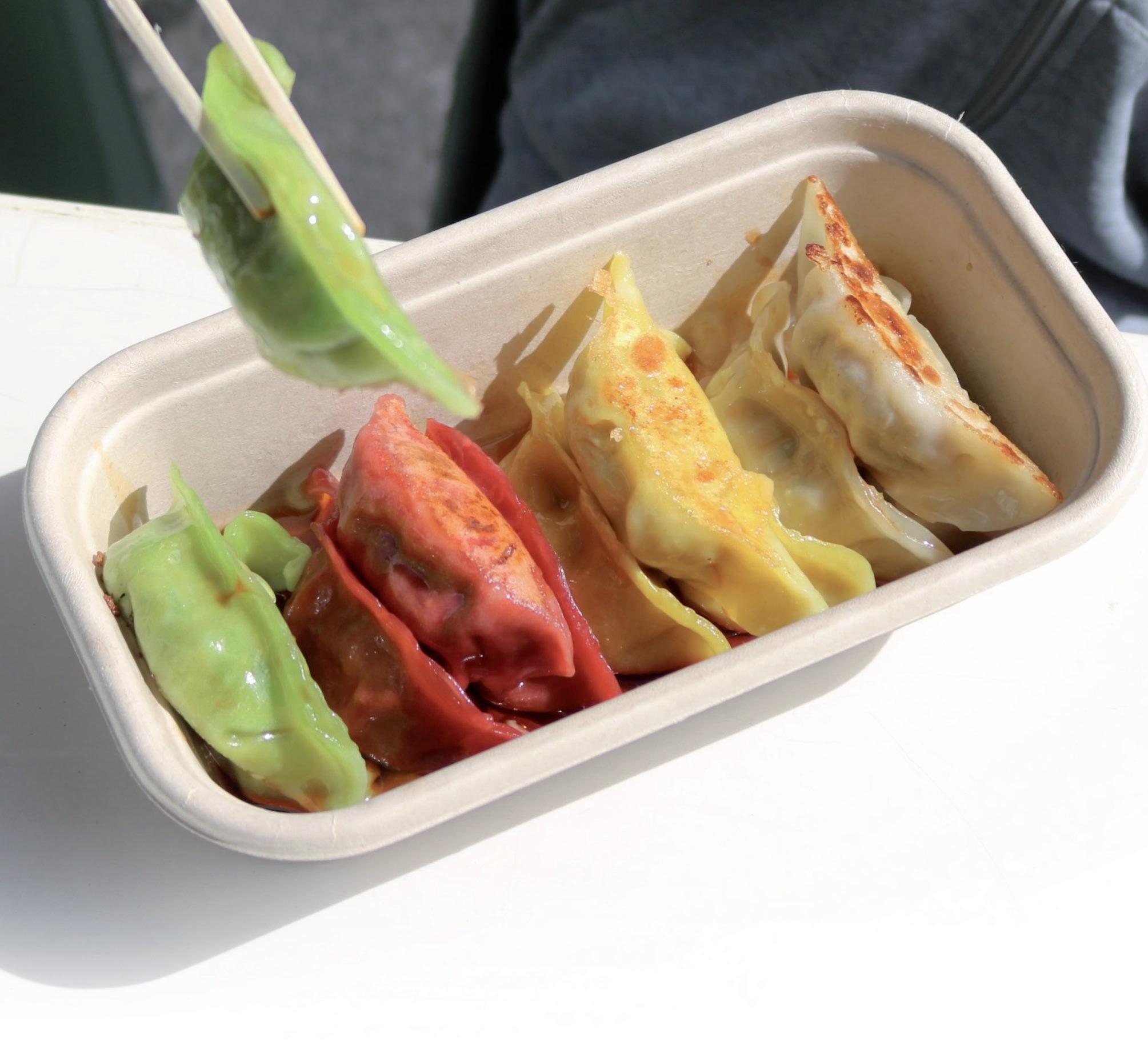

Akemi’s Gyoza was created with the mission to serve authentic Japanese dumplings to Kiwis, allowing them to fall in love with Obata’s grandmother’s legendary recipe.
“I wanted to bring her flavours to New Zealand.”
Currently, Obata’s food truck operates in food markets across locations like Mangawhai, Clevedon and Coatesville in the North Island.
Her latest innovation was adding a new vegan flavour to the menu - Beetroot and Yuzu. All of her dumplings are served with special house-made ponzu sauce and chilli oil.
In the future Obata plans to increase production and make Akemi’s Gyoza into a more manufacturing based business.
“Hopefully you will see our products in store sooner than later.”

After visiting Jamaica at 21 years old, Grace Apiafi was inspired to create just as rich and exciting culinary delights. It propelled her to fully invest in herself, to take the risk and buy a trailer. With 20 years of cooking experience, Grace’s food trailer journey began in 2020 when battling the start of the pandemic.
Gracefully Jerked was born with traditional Jamaican Jerk flavours of fresh meats, fruity and fresh flavours, homemade marinades, and zesty salsas. Their Slow-Cooked Jerk Pulled Pork has proven to be a favourite, but their most popular dish is the Spicy Mango Fried Chicken Nibbles. Marinated overnight in a Hot Jerk Marinade and coated in a special blend of herbs and
spices, the fried chicken never fails to impress. “Jamaican Cuisine is still relatively new in NZ, with only two Jamaican foot outlets here in Auckland. I love being able to introduce new flavours and vibes to the Auckland foodie scene,” explained Apiafi.
During the lockdown in 2021, Apiafi transformed her food trailer into a production kitchen – creating and selling traditional
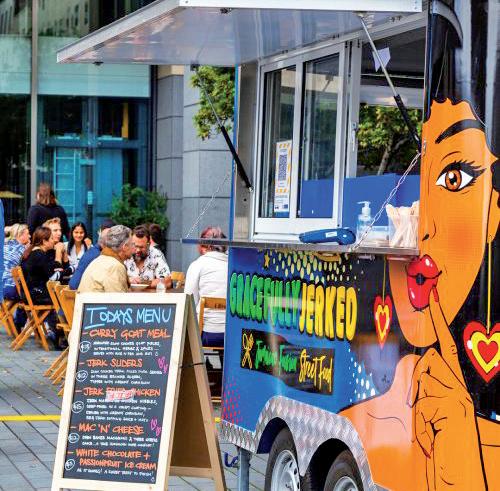
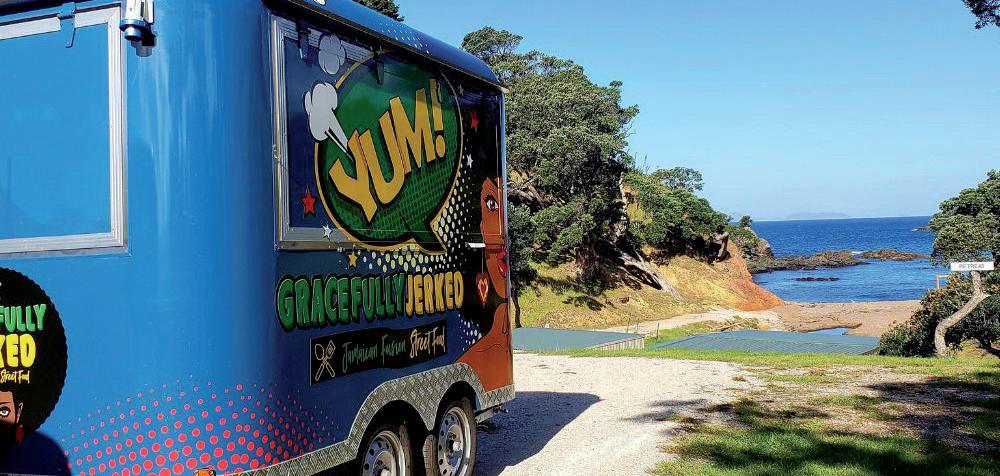
Jamaican patties. Gracefully Jerked became Auckland’s first contactless Jamaican patty Delivery Service. Due to demand, Apiafi registered as a wholesaler and retailer in 2022, now selling her Jamaican Patties in frozen packs at Farmer’s Markets across Auckland.
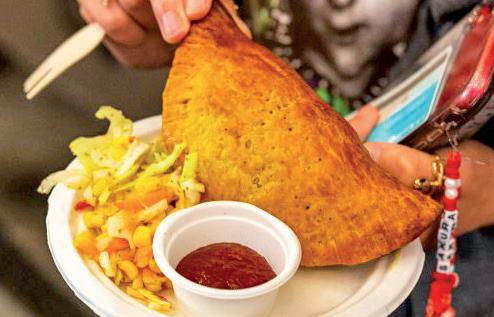
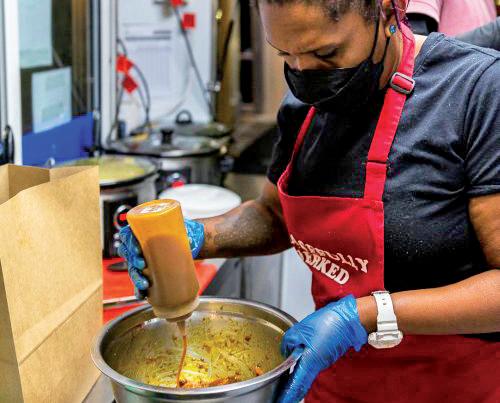
Last year, Apiafi’s creation was a winning dish on Auckland’s Iconic Eats List 2022.
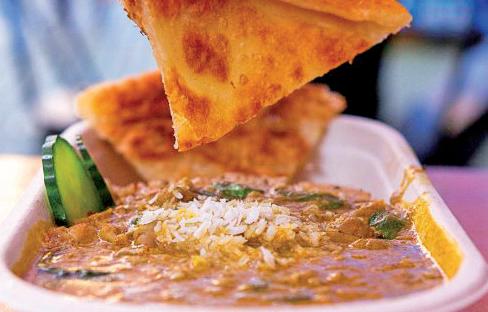
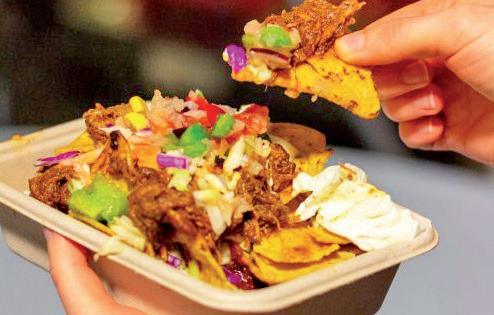
Apiafi is no stranger to the staffing shortage across the country and continues to navigate her way through supply chain challenges and inflation. Yet, she plans to continue growing and developing her wholesale business to introduce more Jamaican Fusion Products to kiwis.
“I would love to see Gracefully Jerked Patties in boutique supermarkets and other cafes and restaurants across the country,” she added. “I love working on the New Zealand Festival Circuit – so a huge goal is to build a strong, passionate team to help me tackle all the challenges that running a successful food business brings and take Gracefully Jerked to the next level!”






